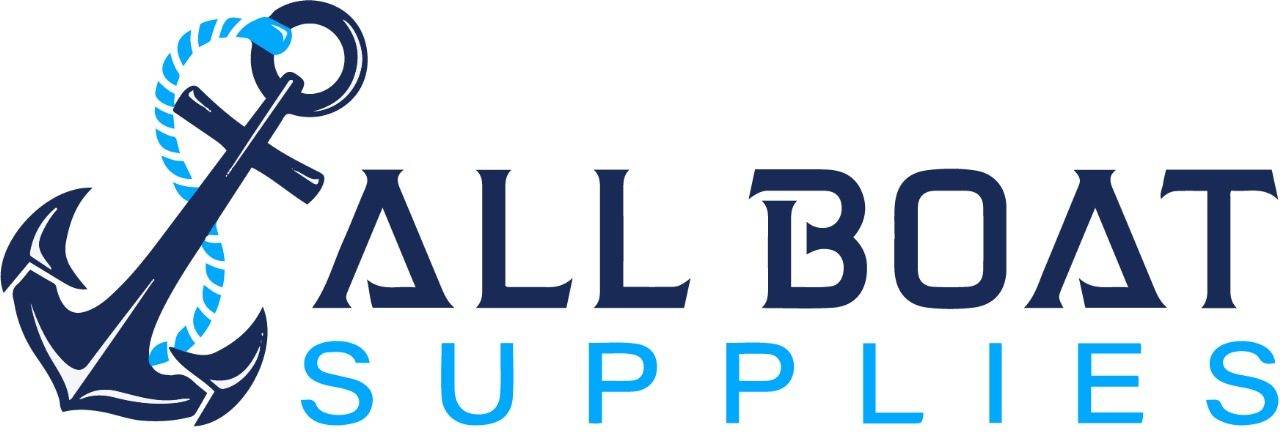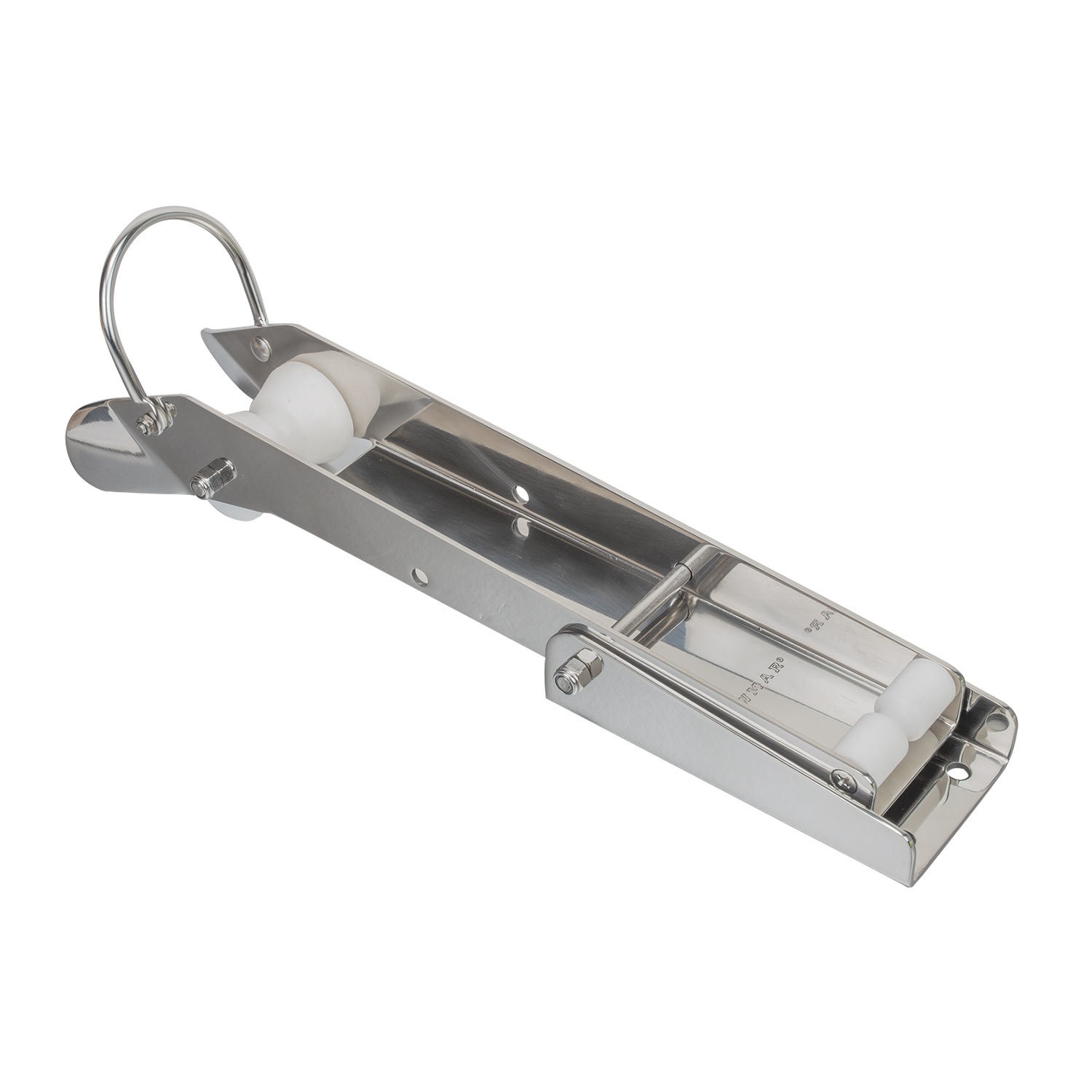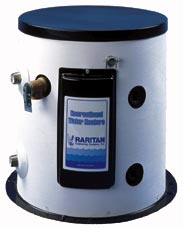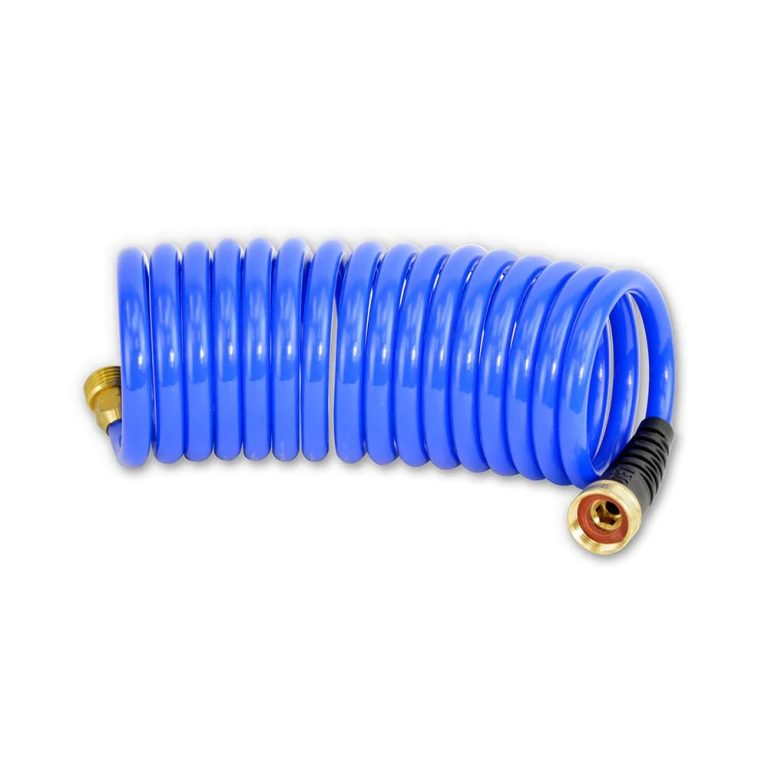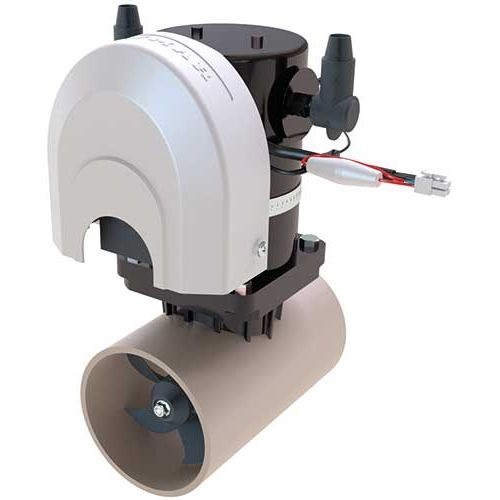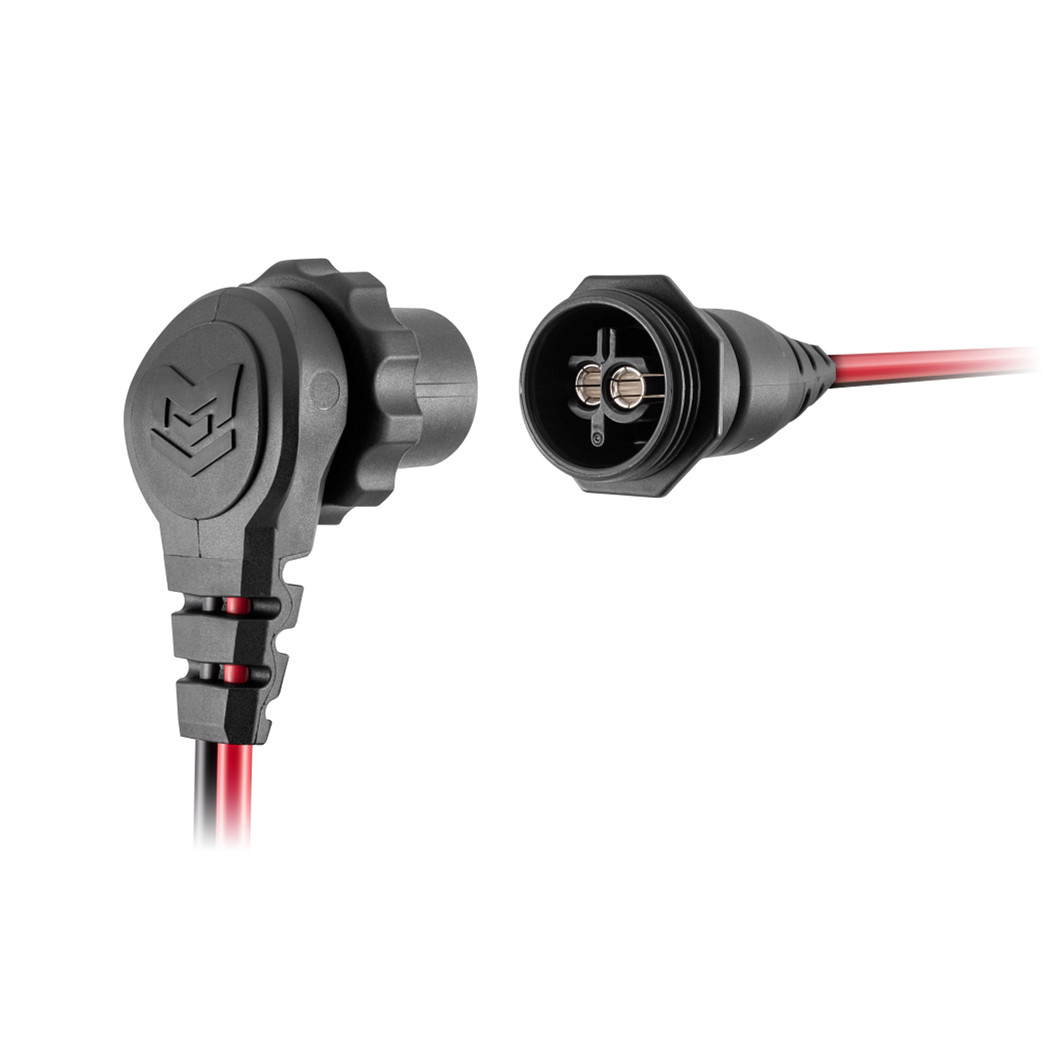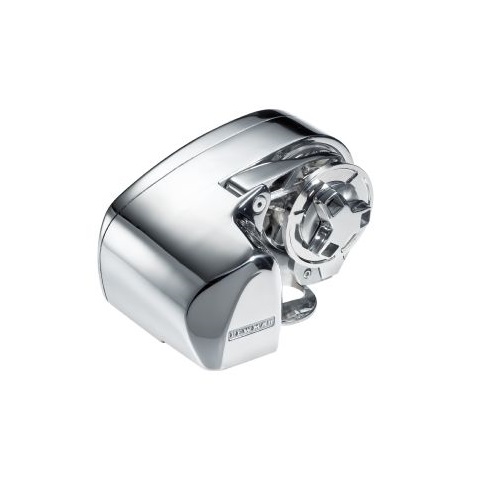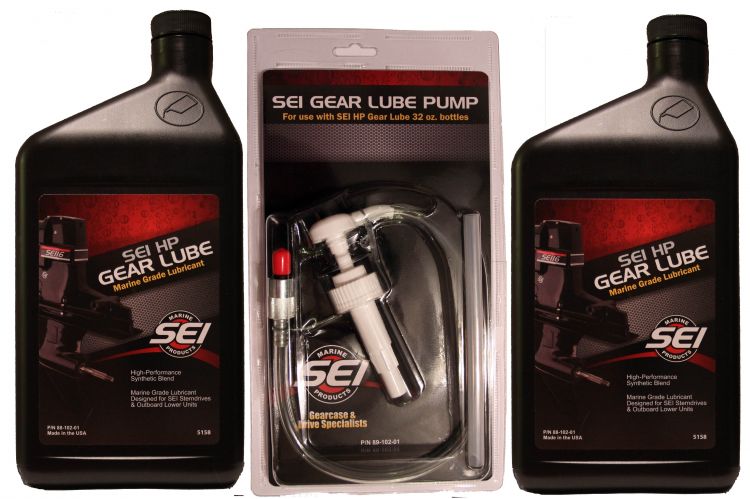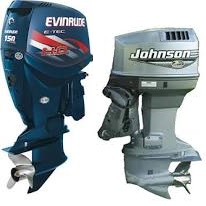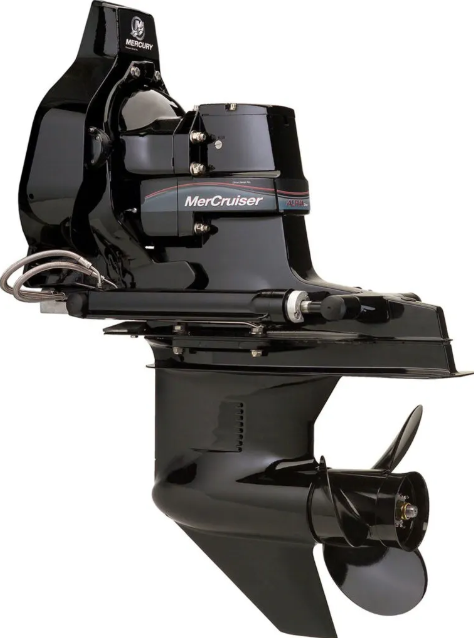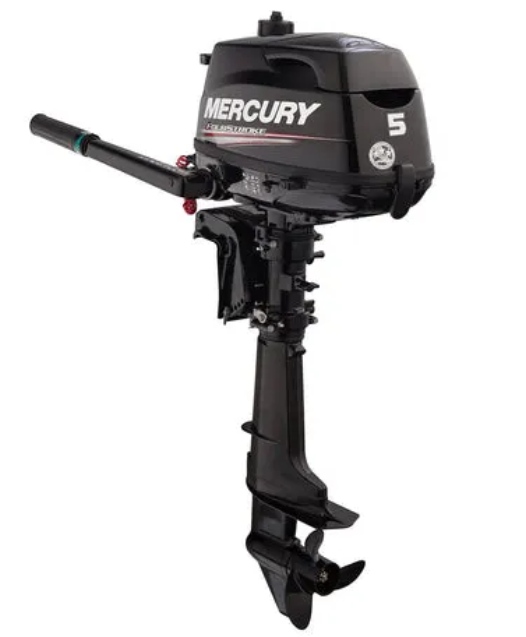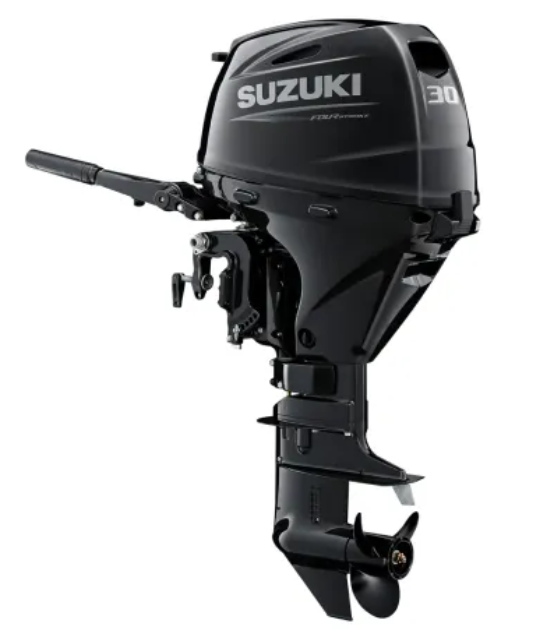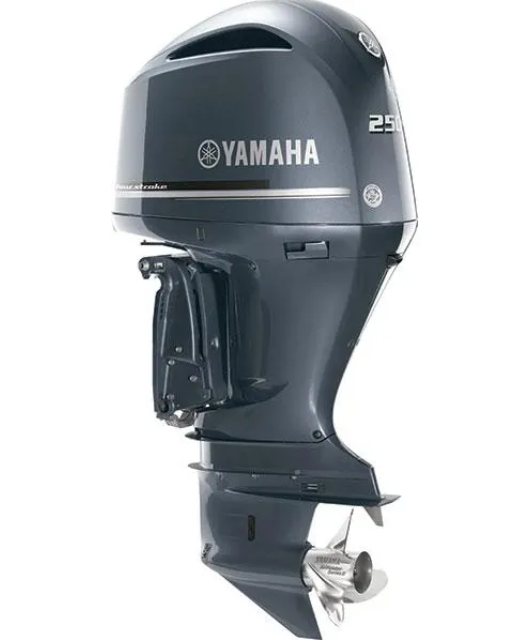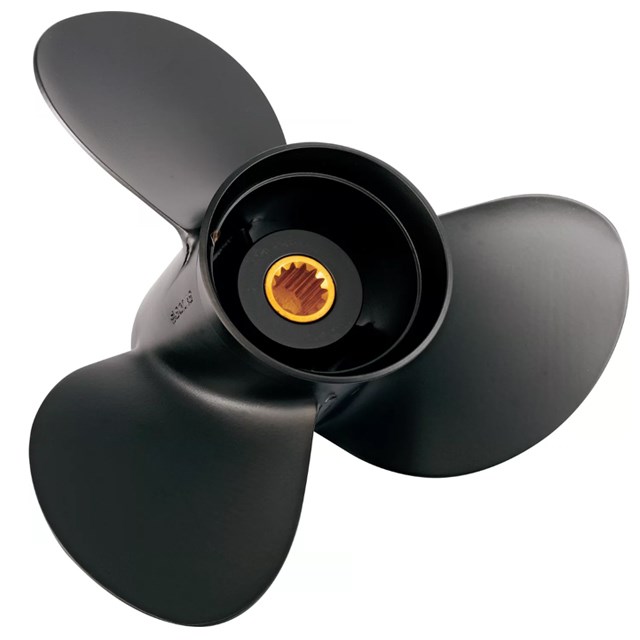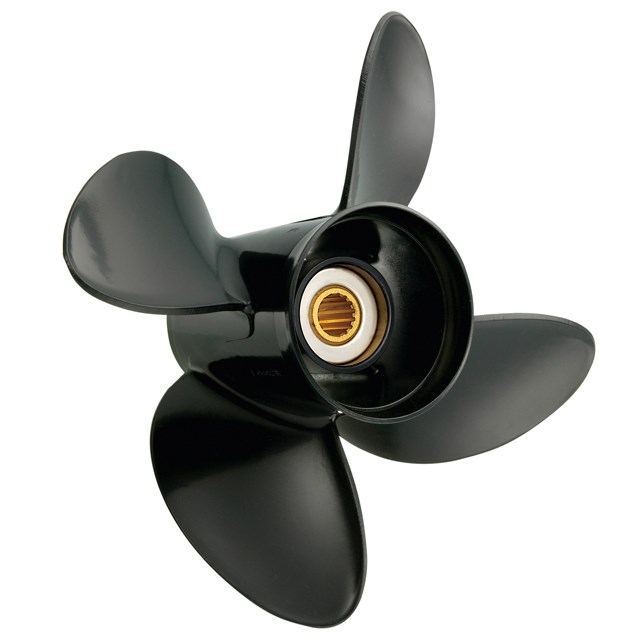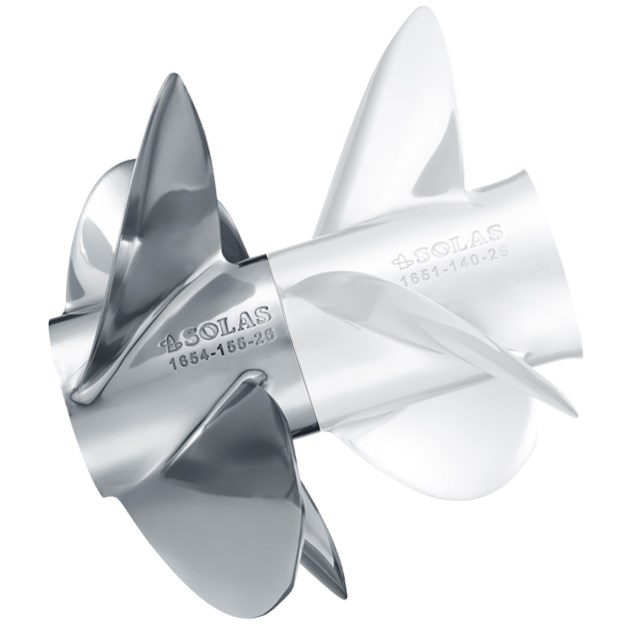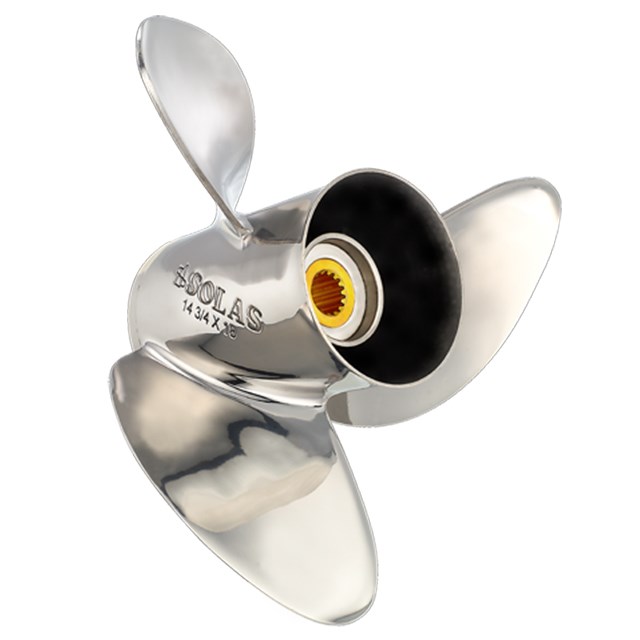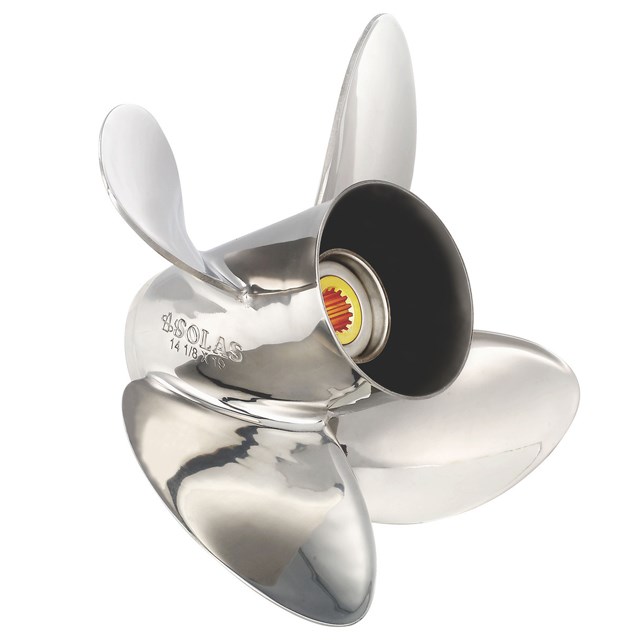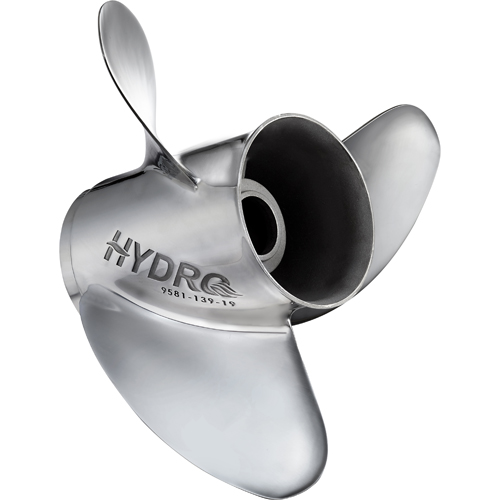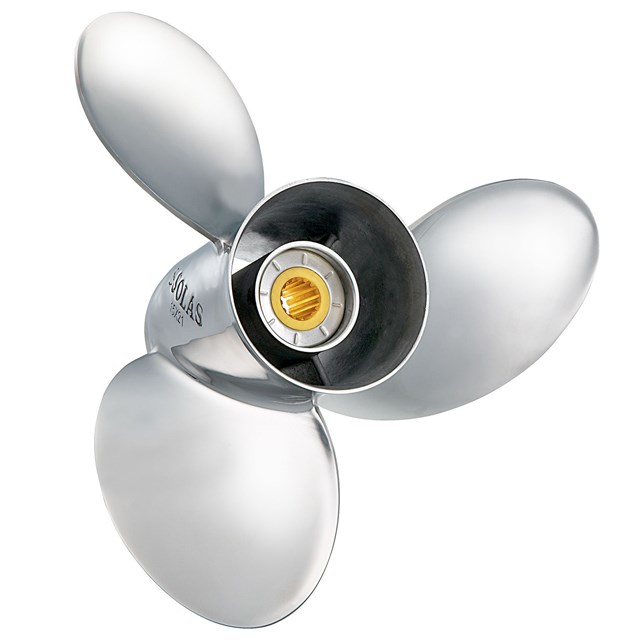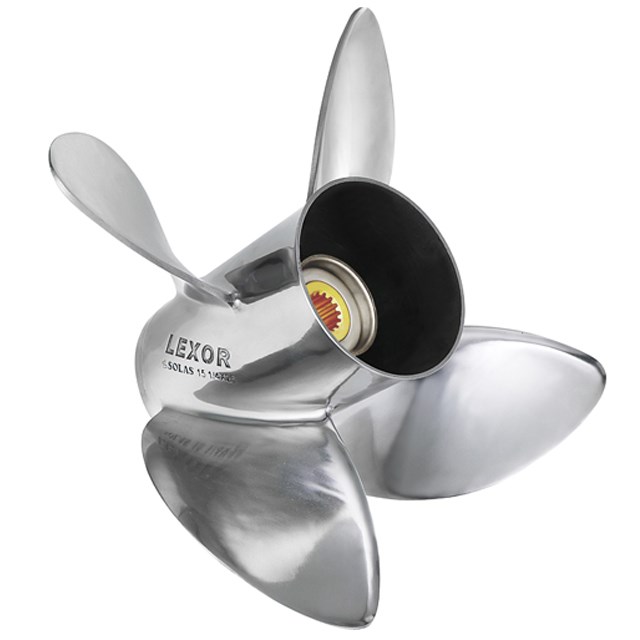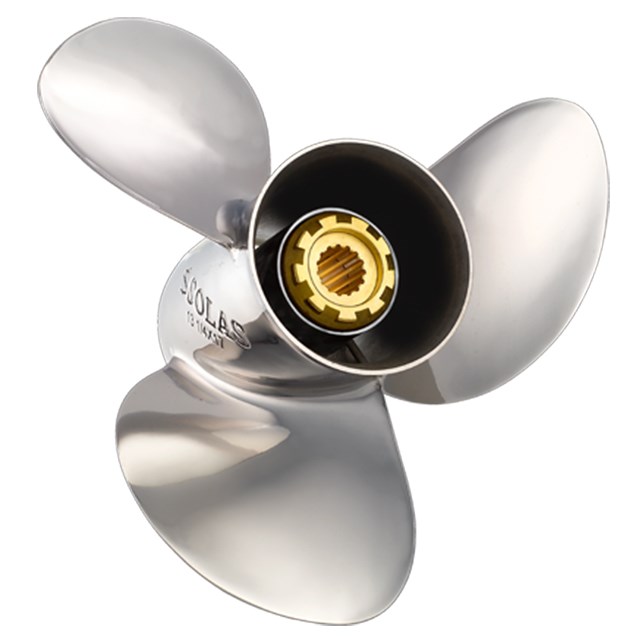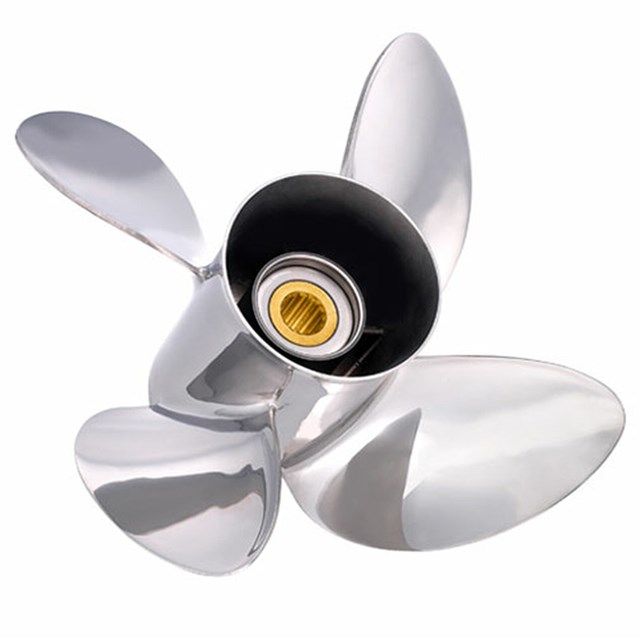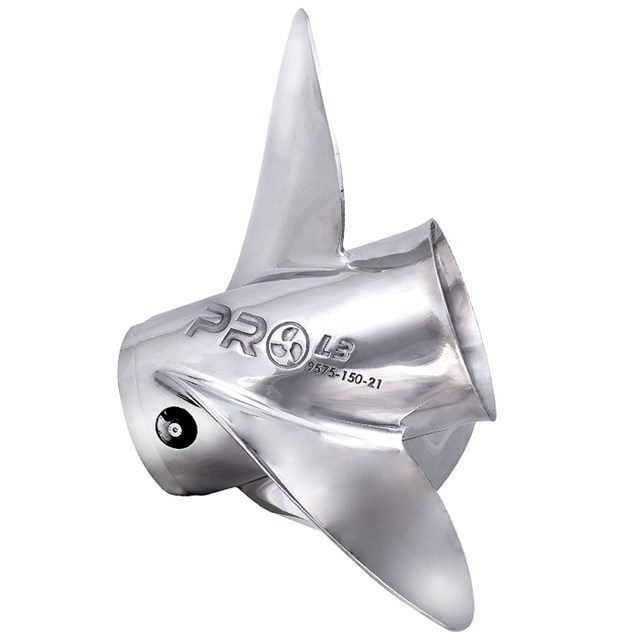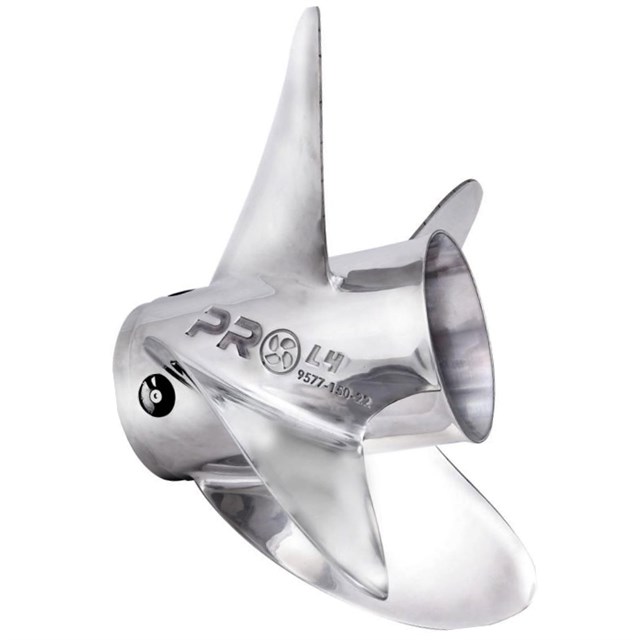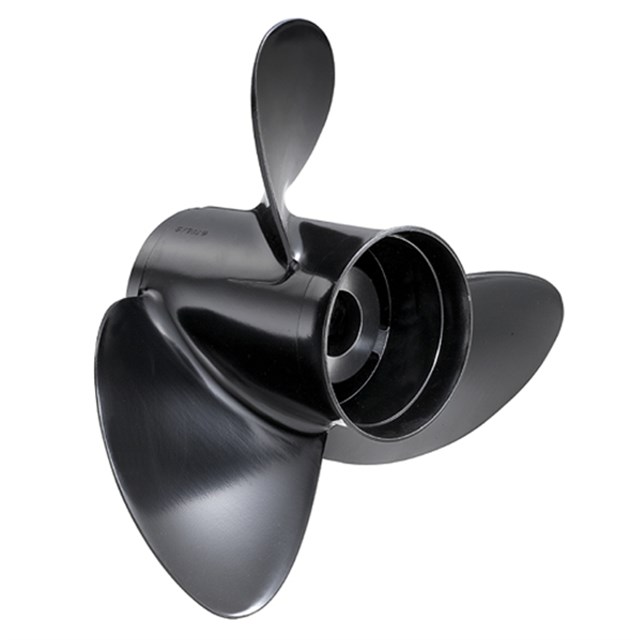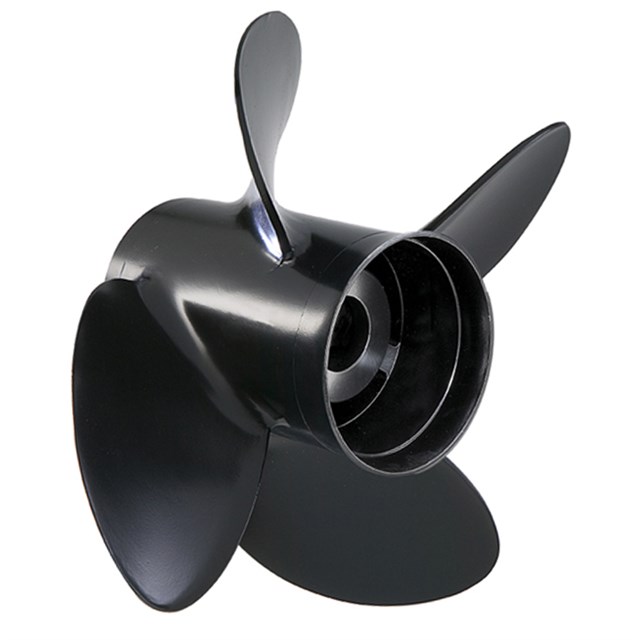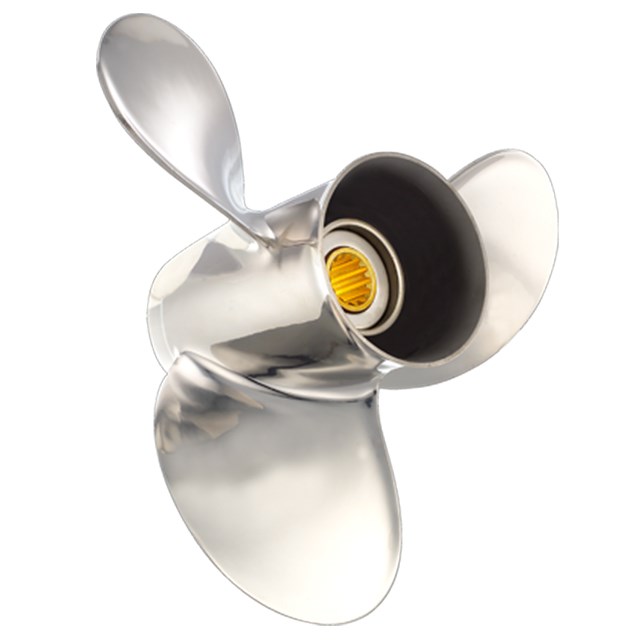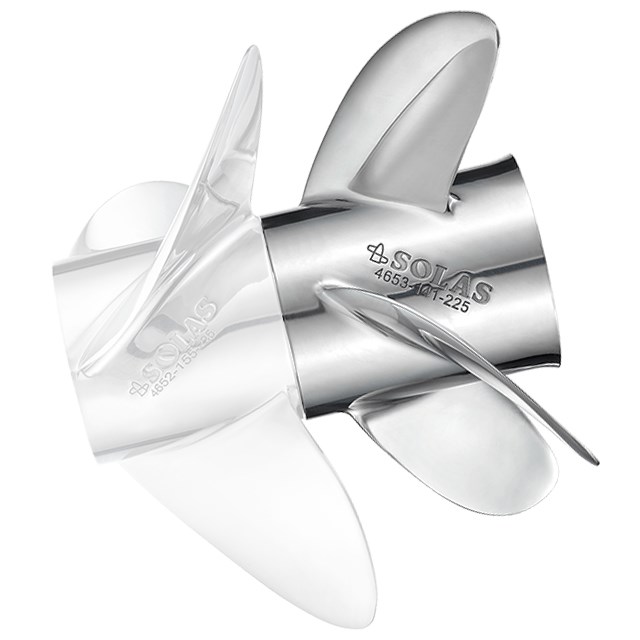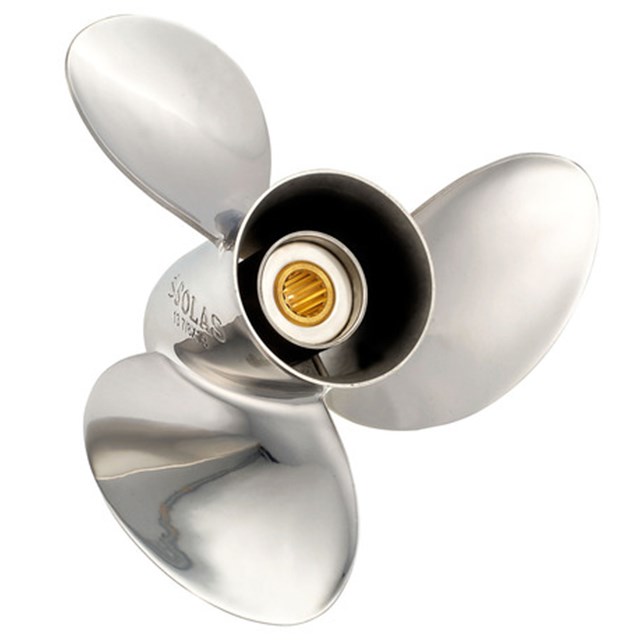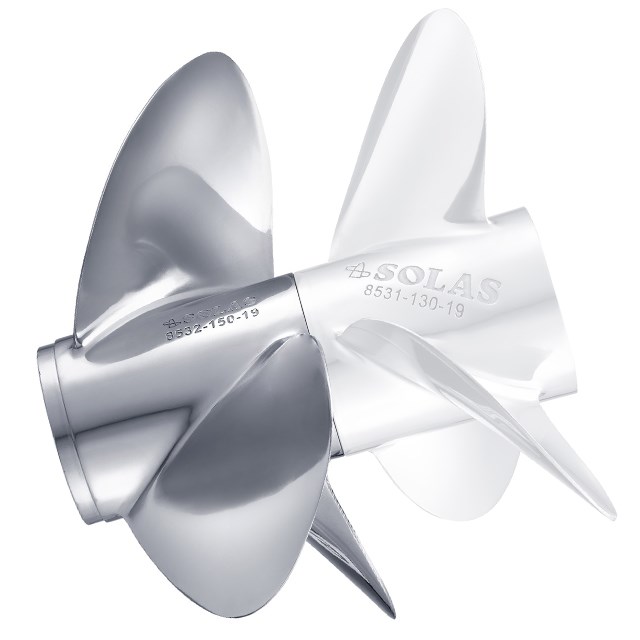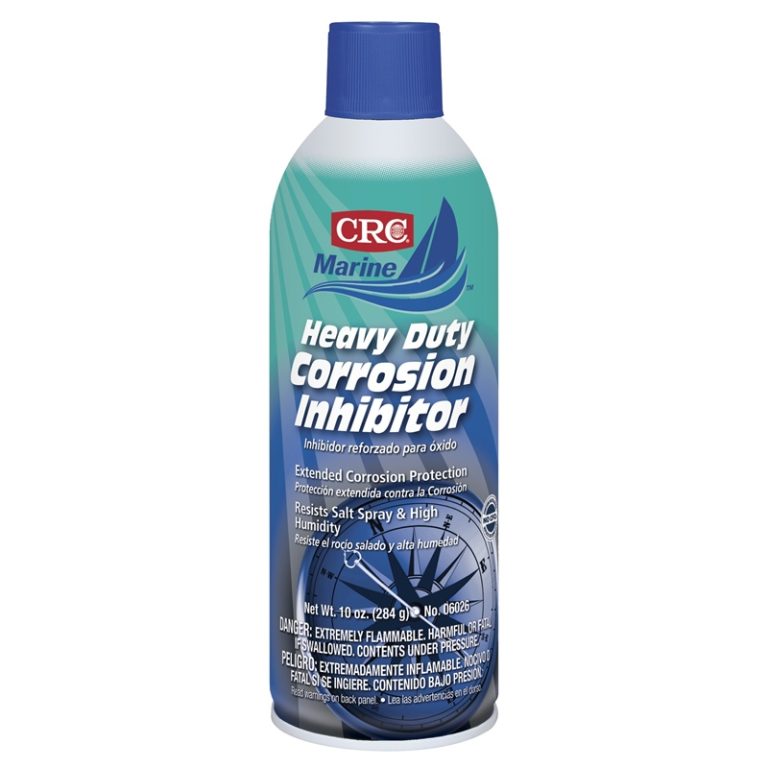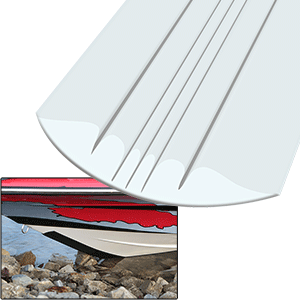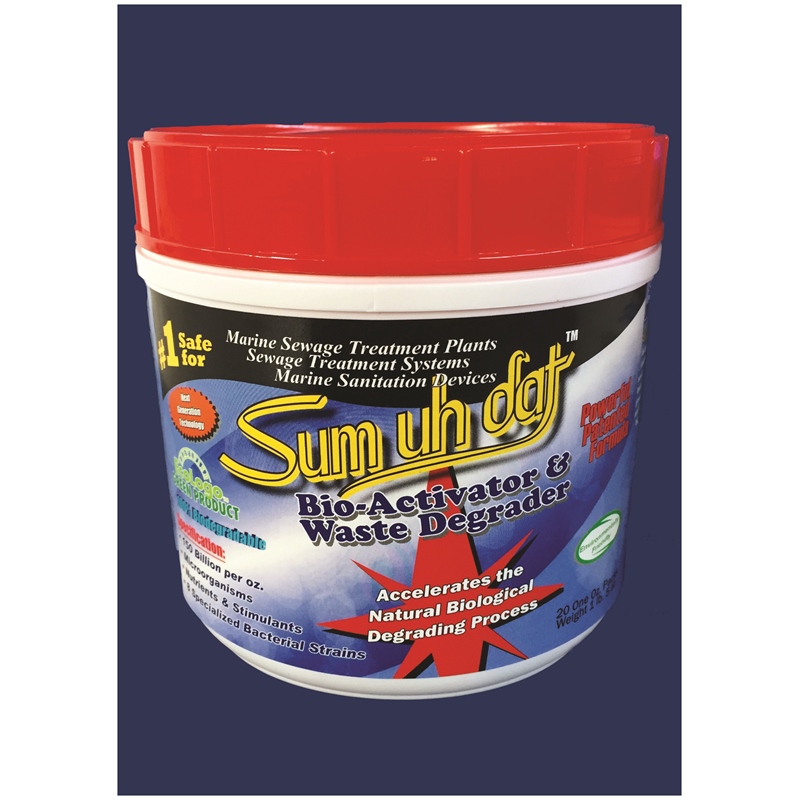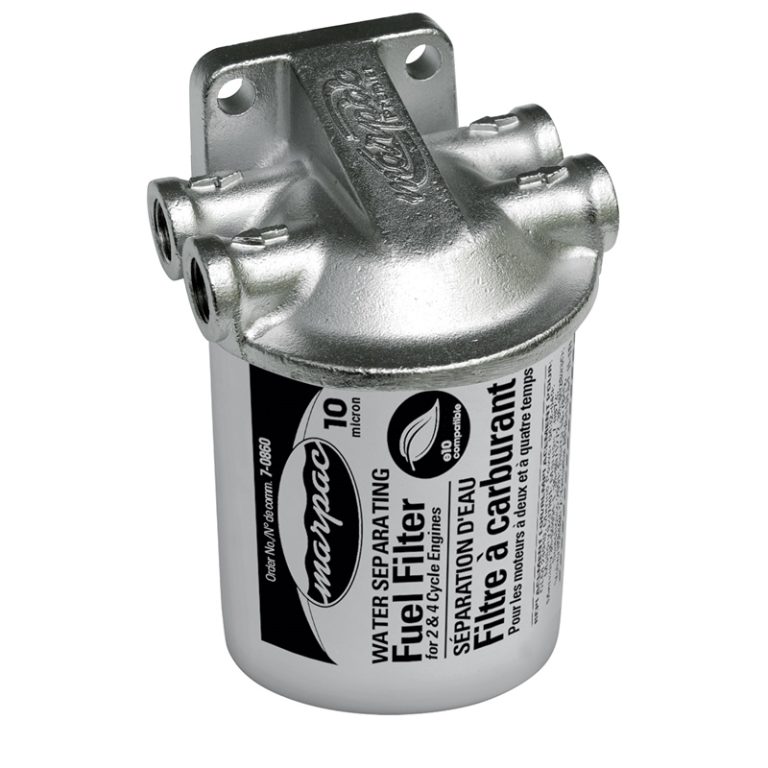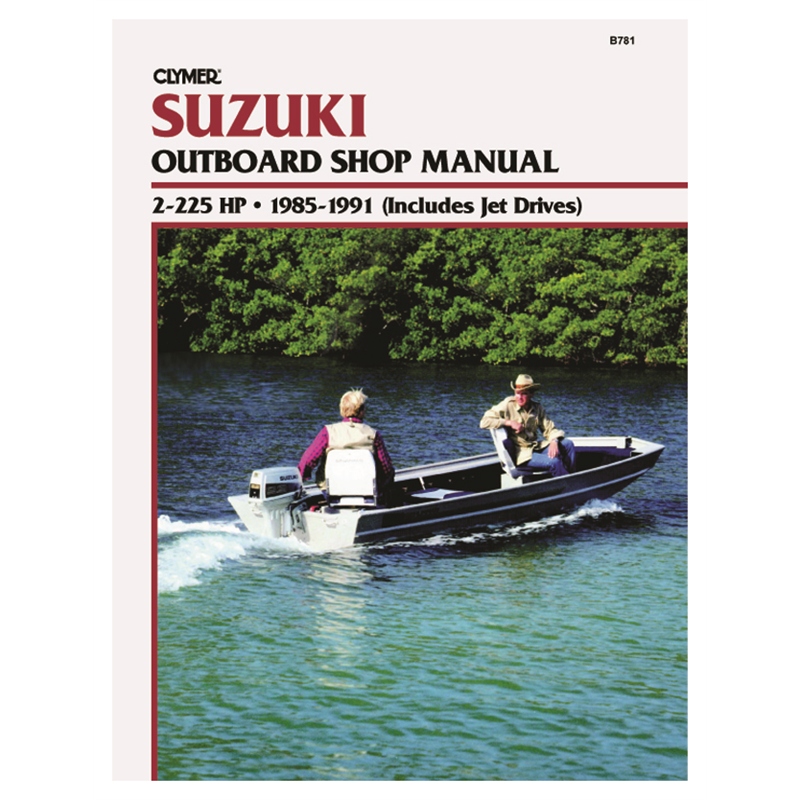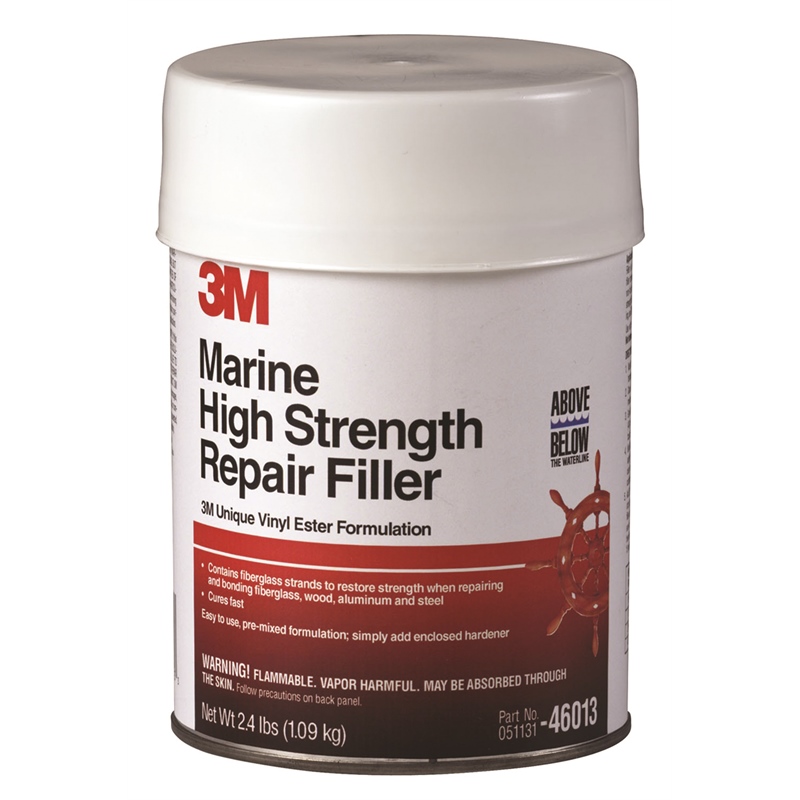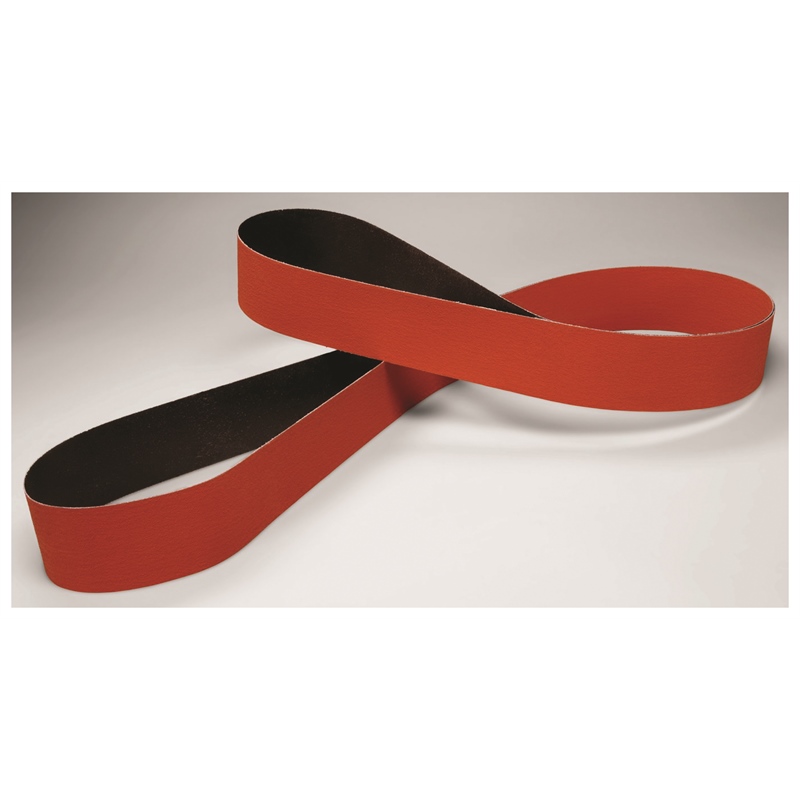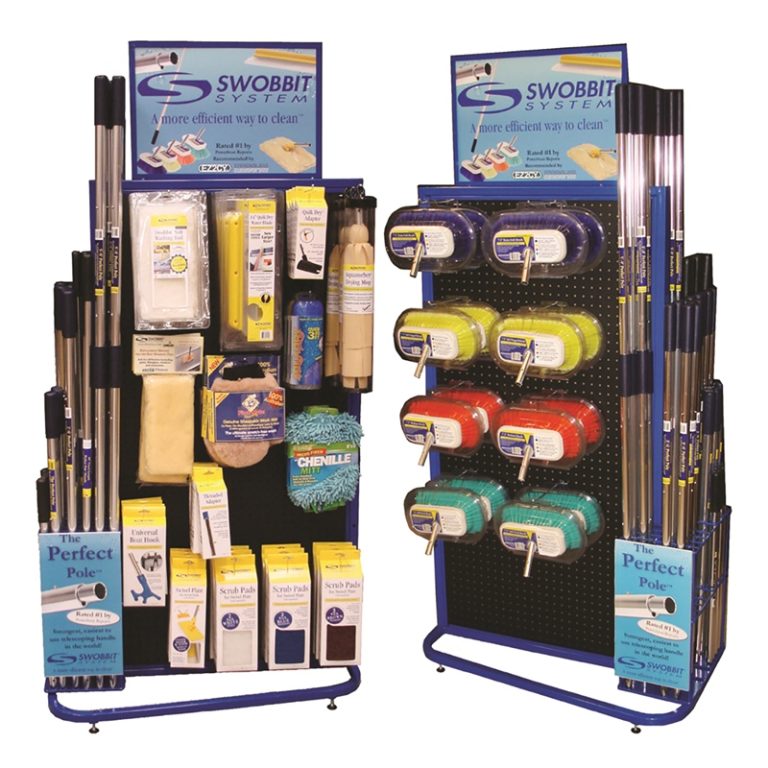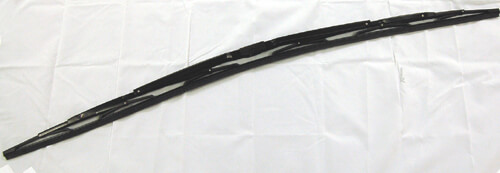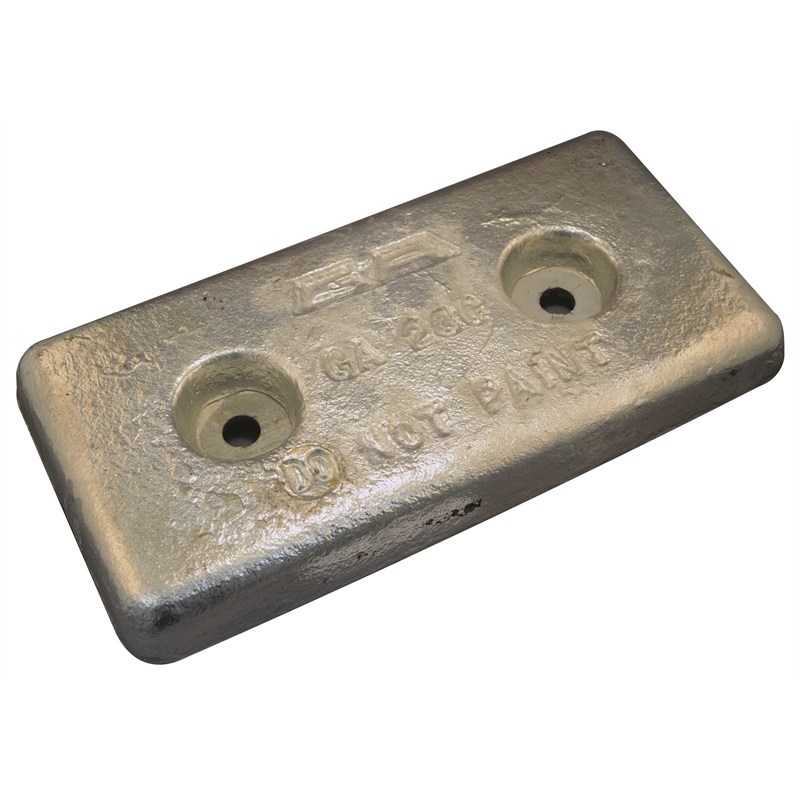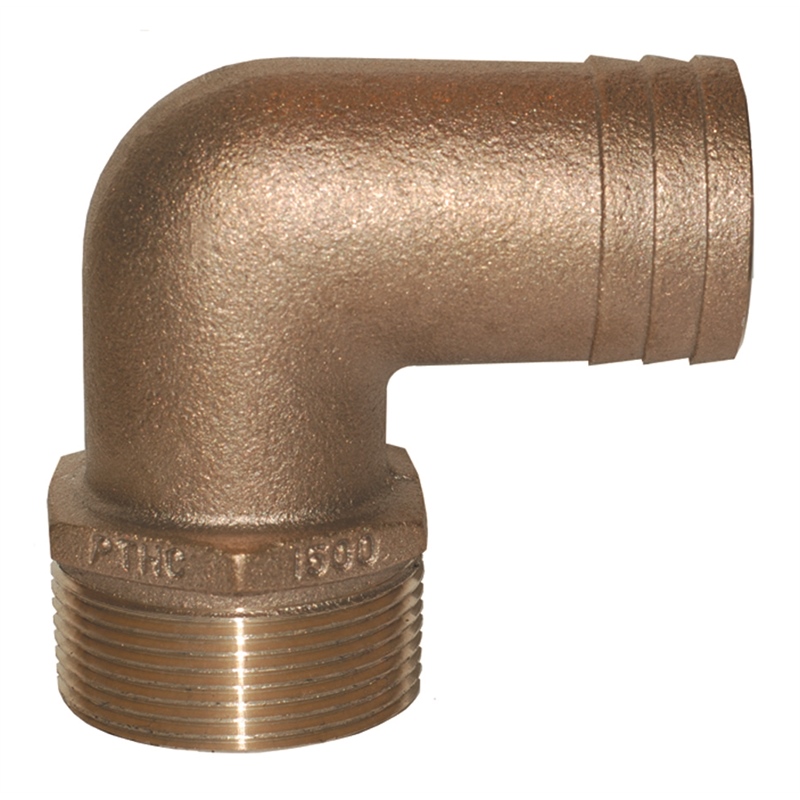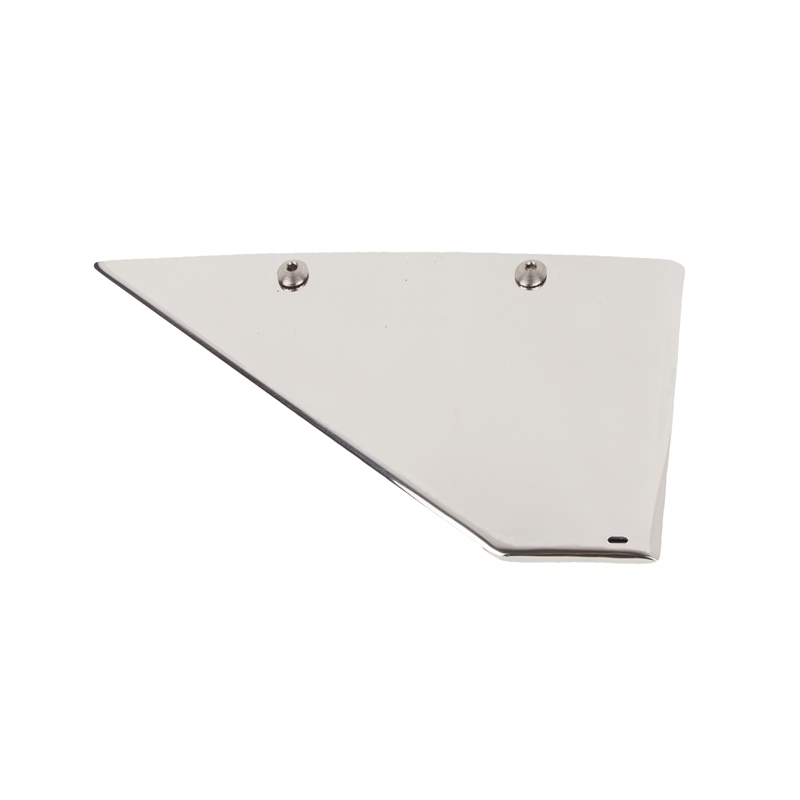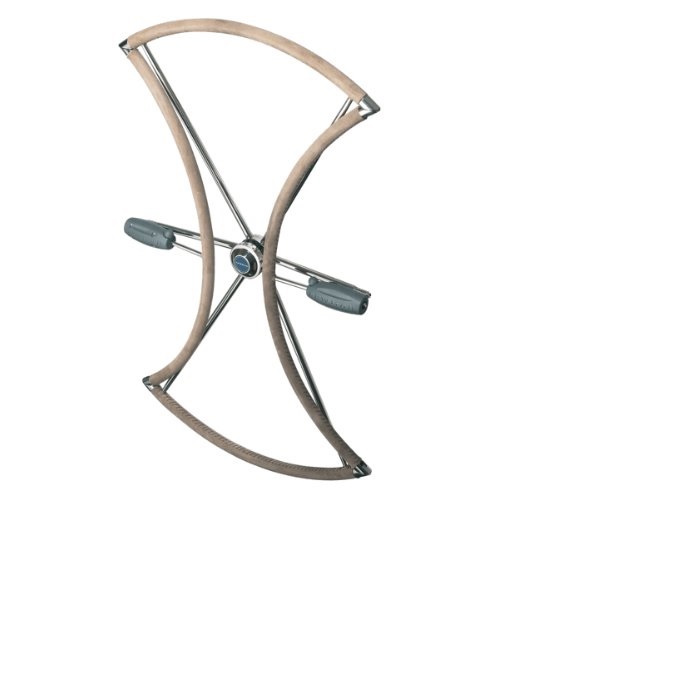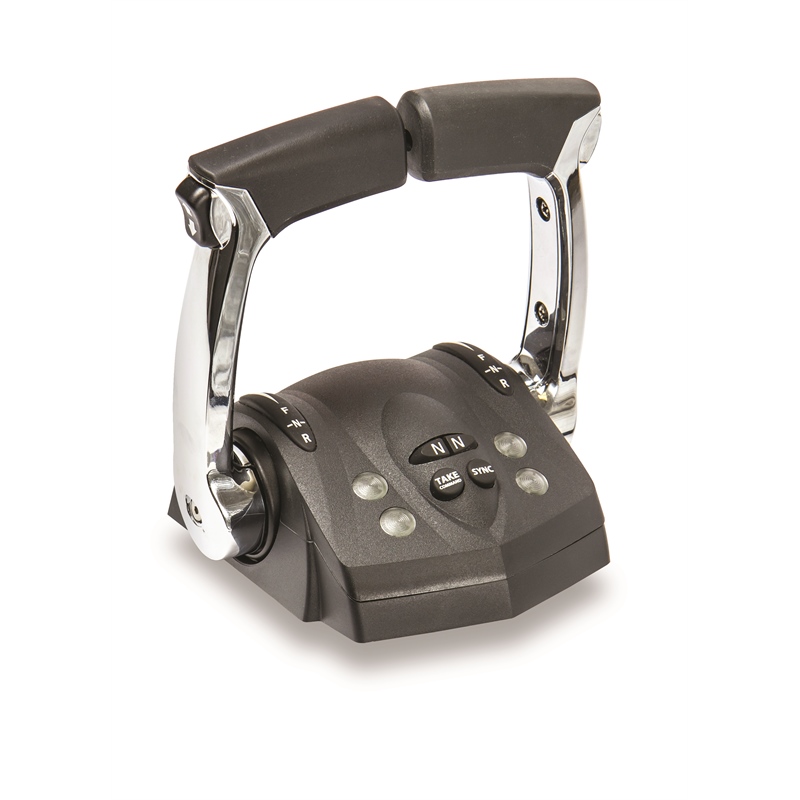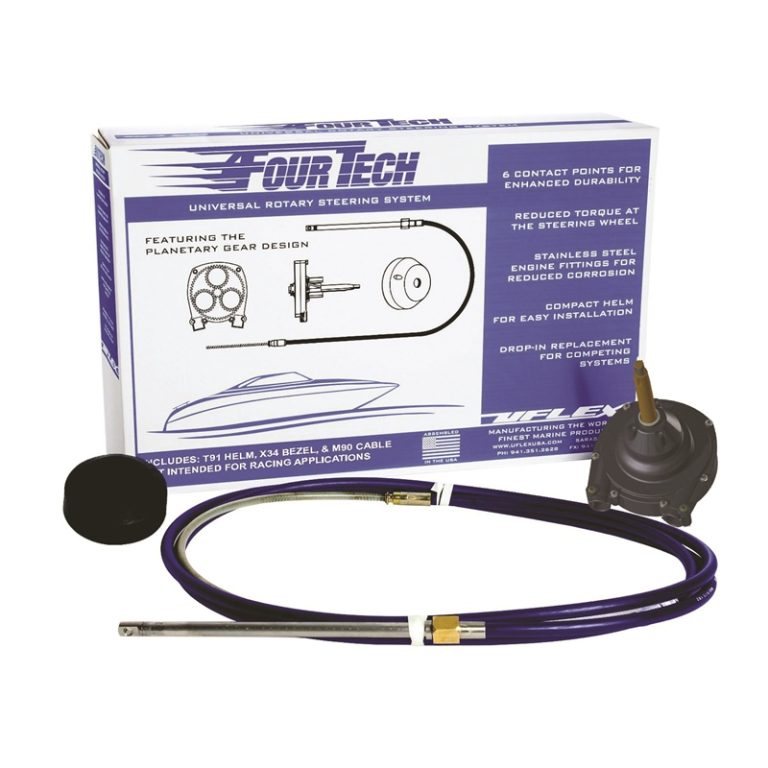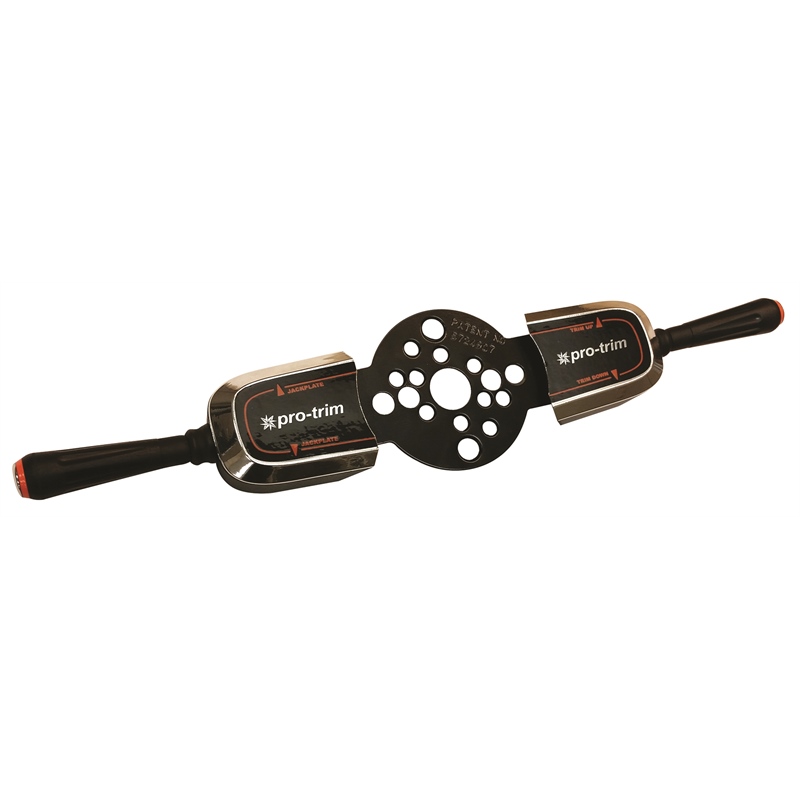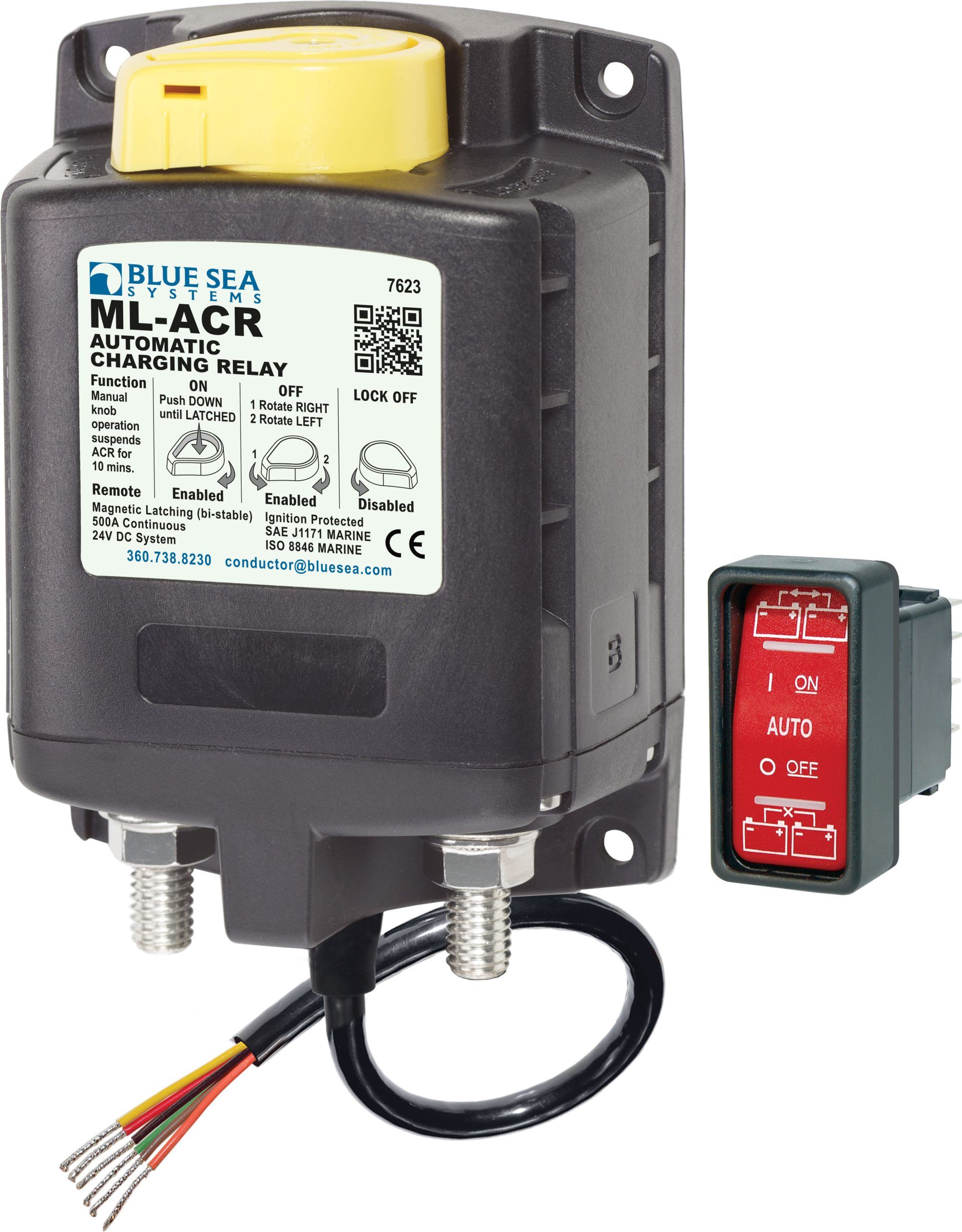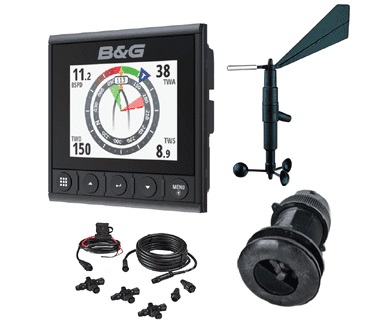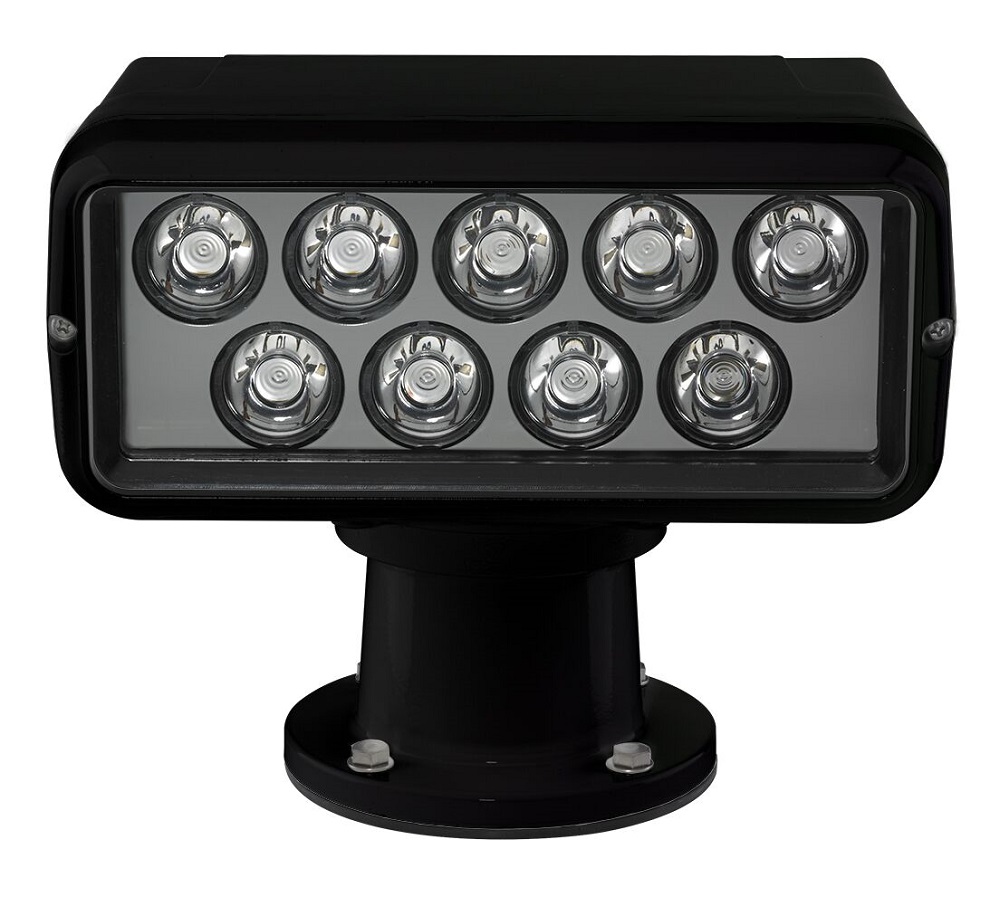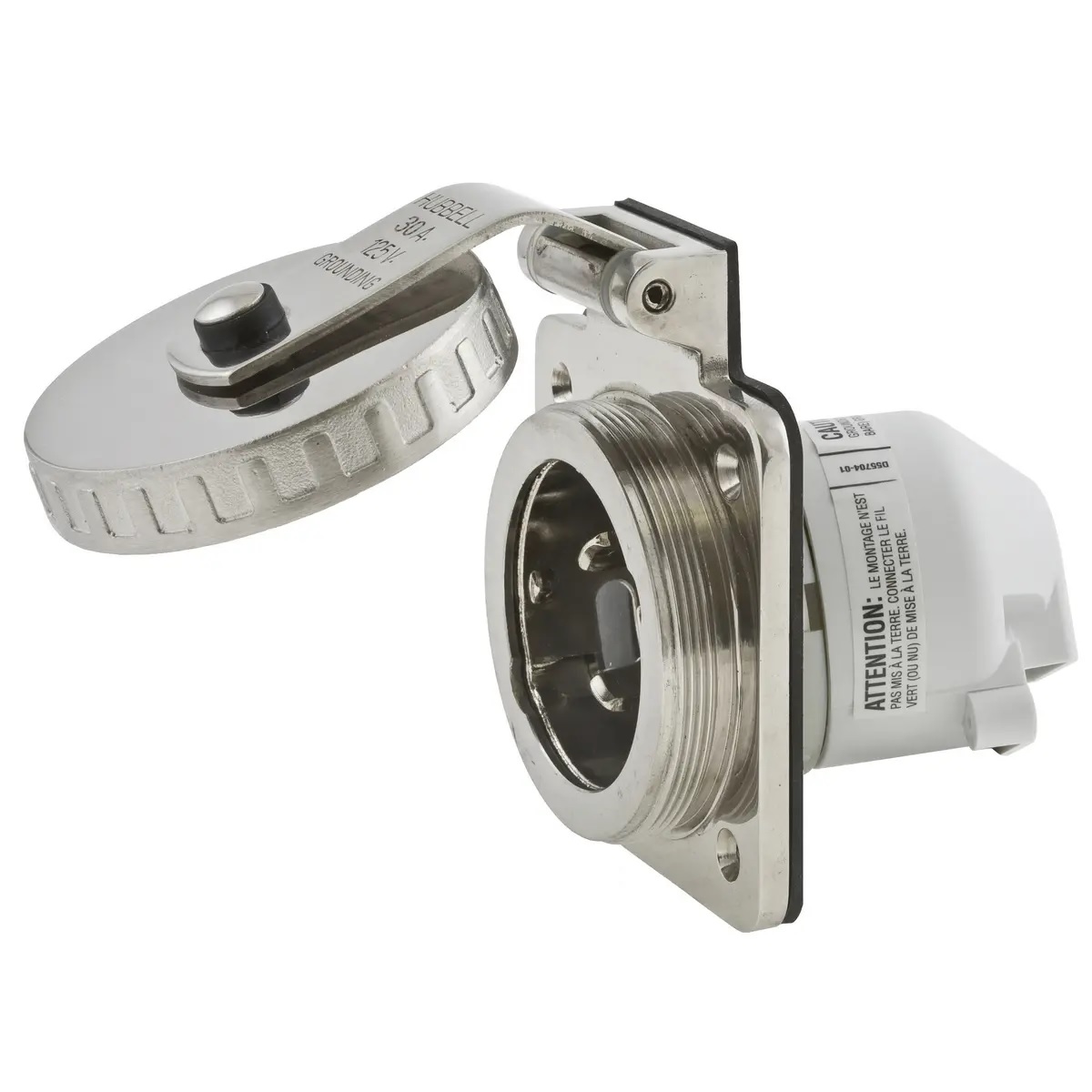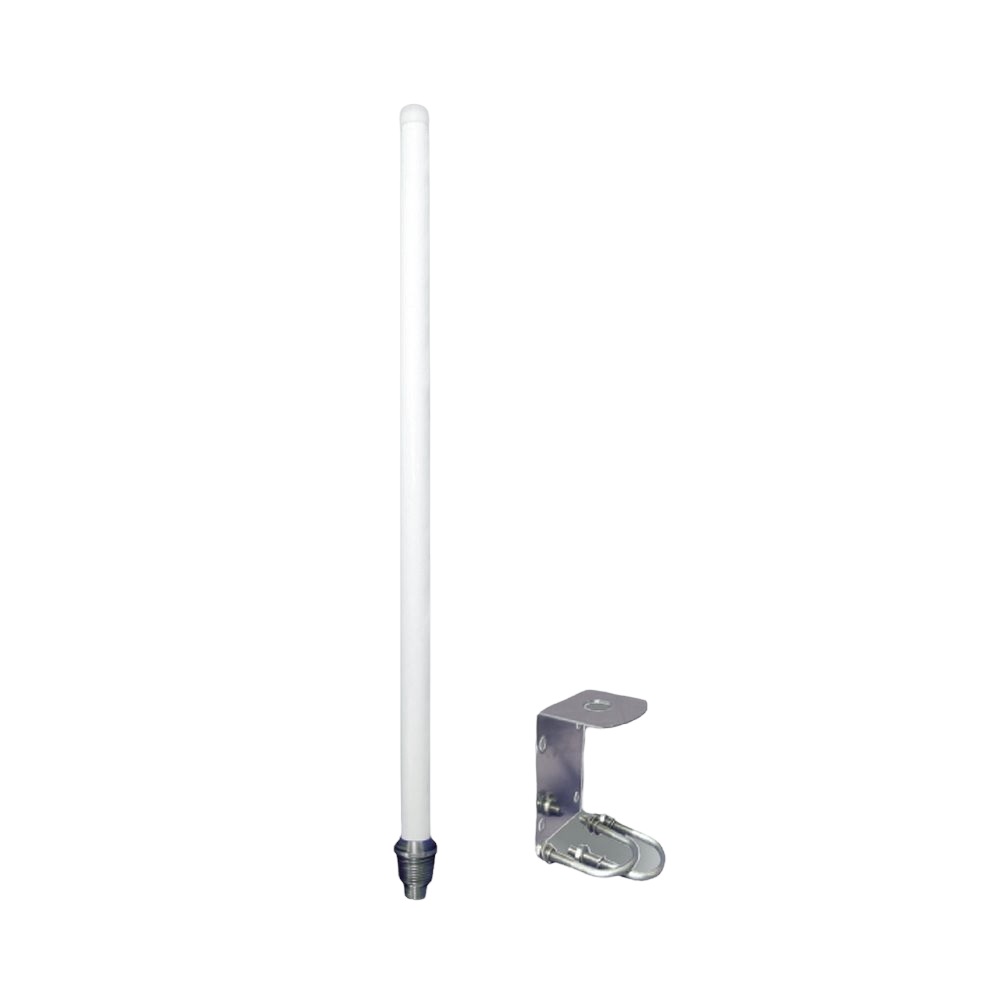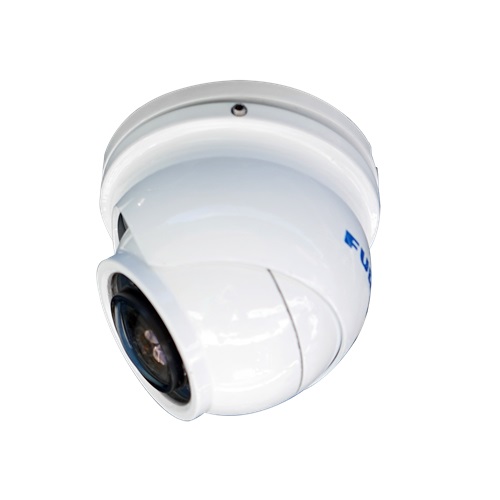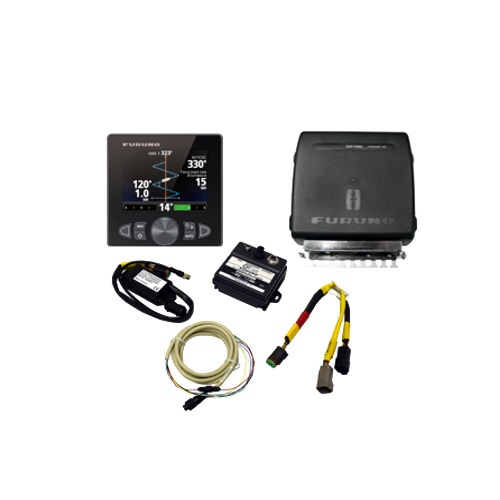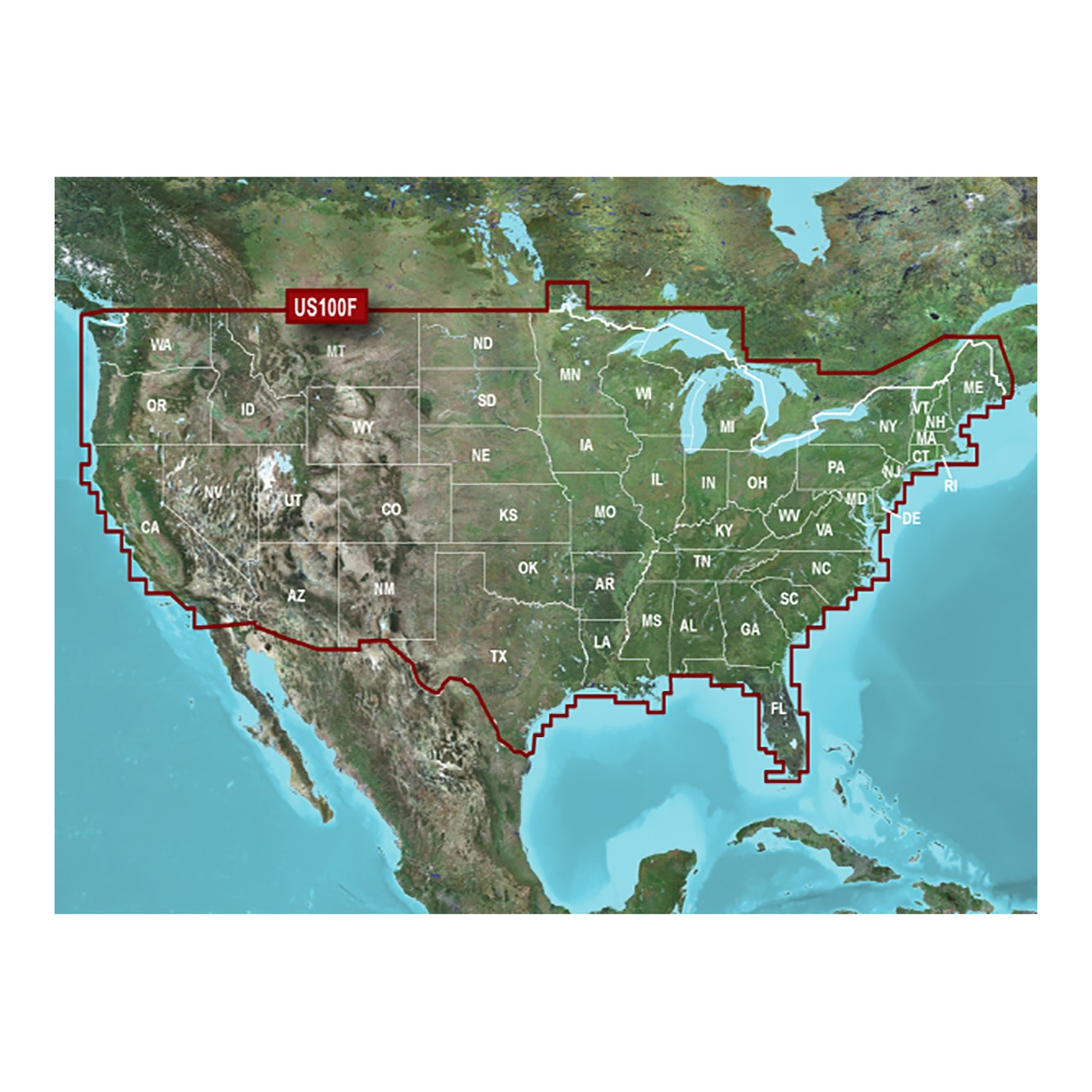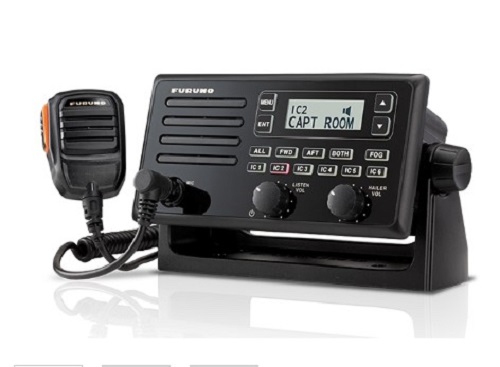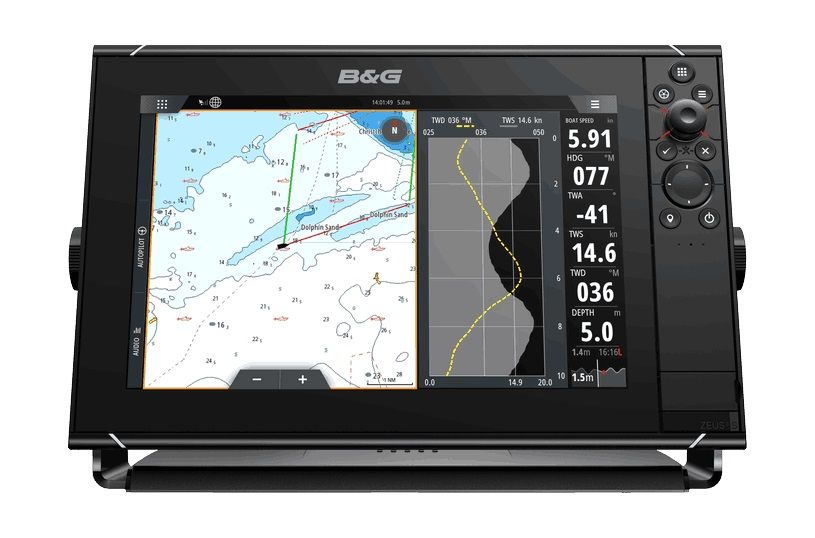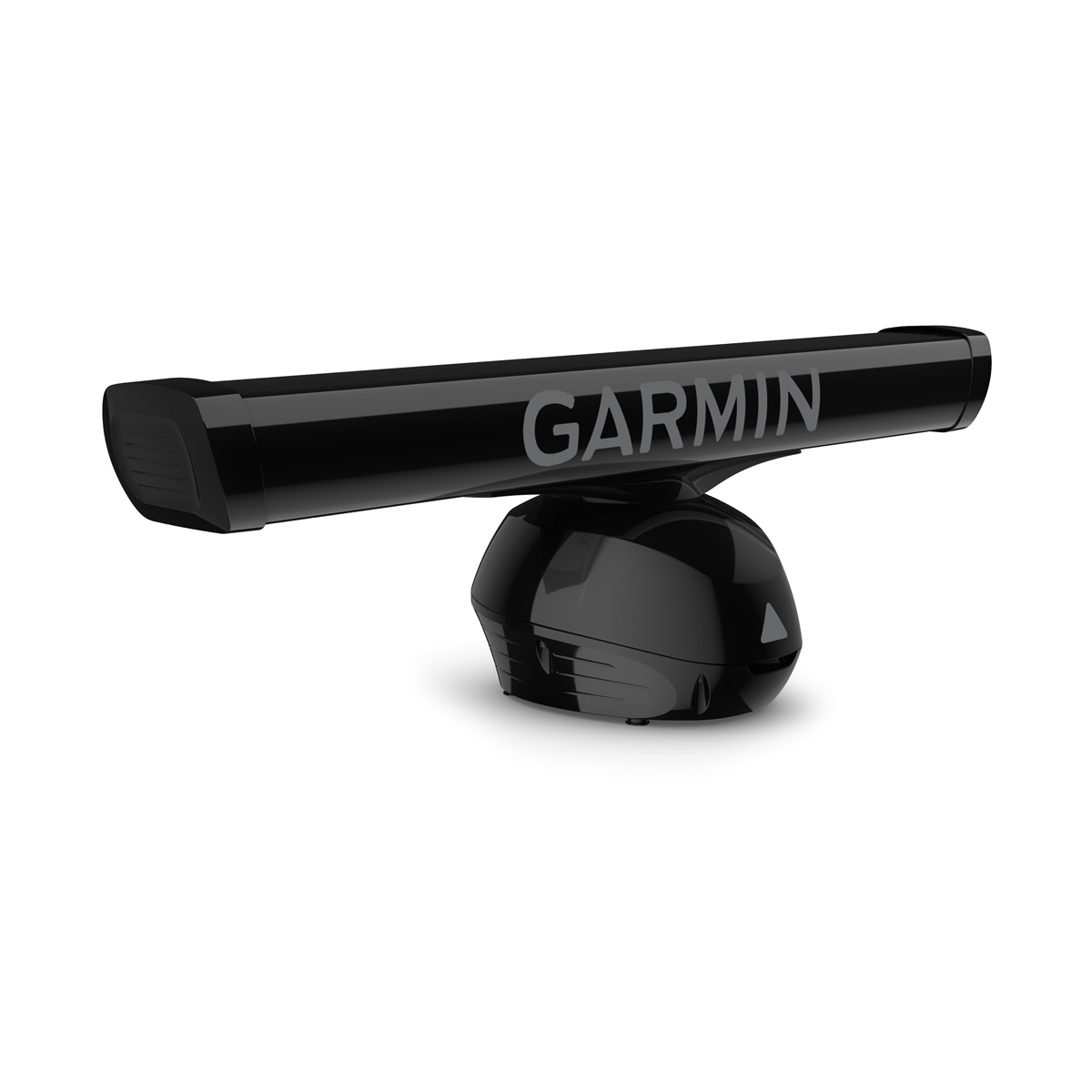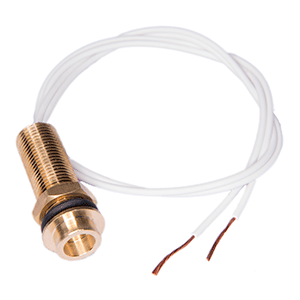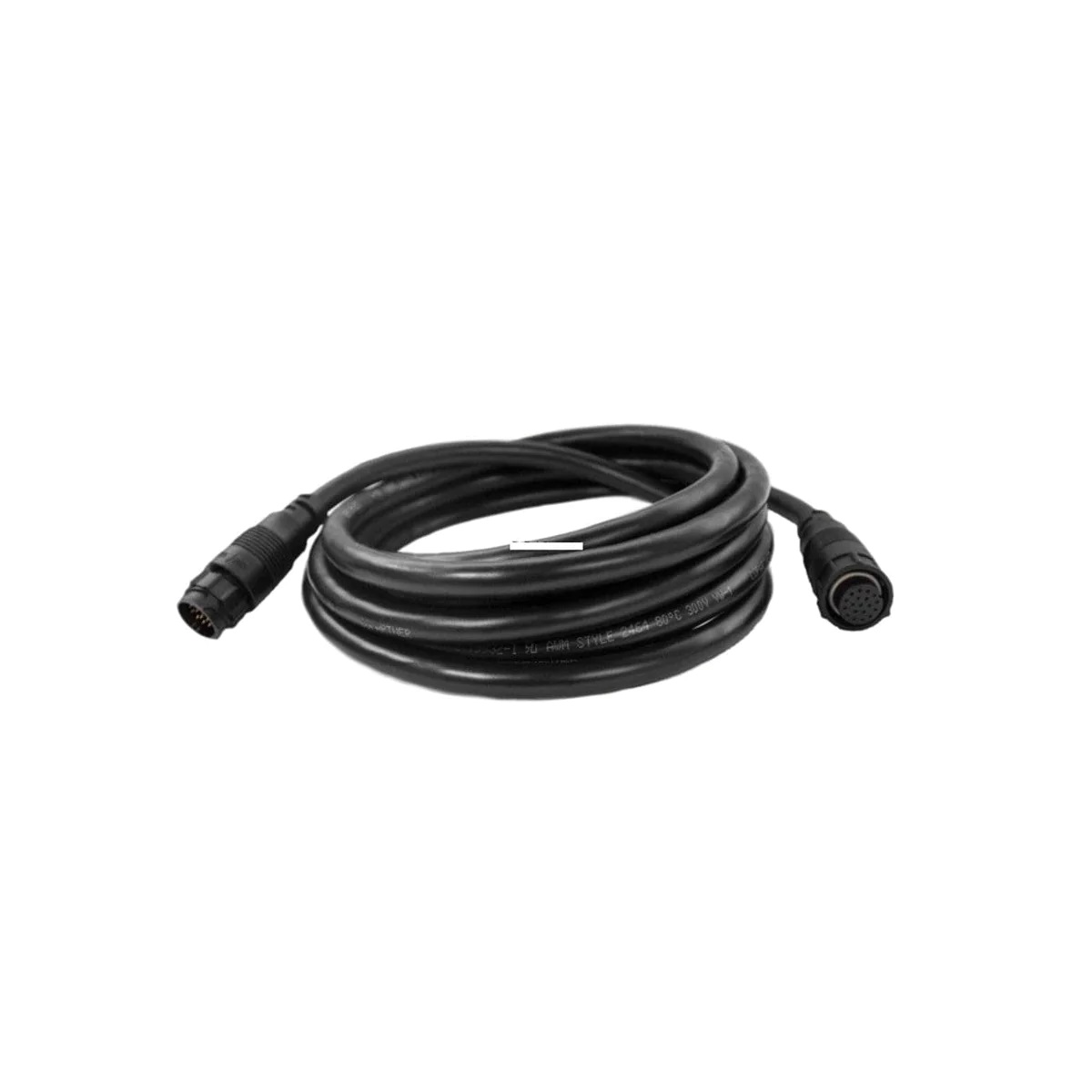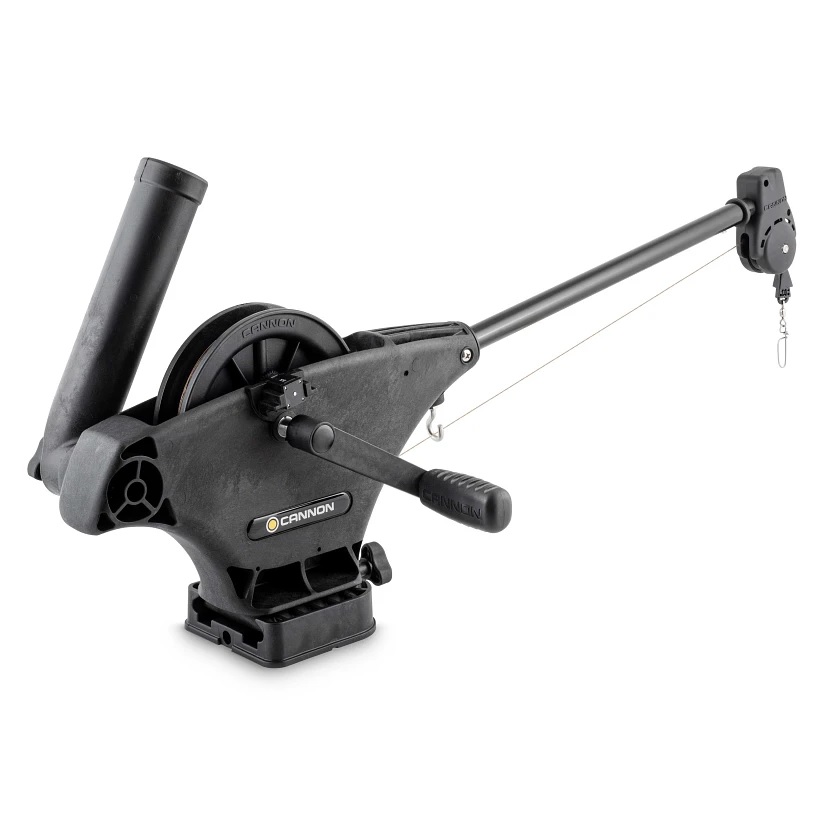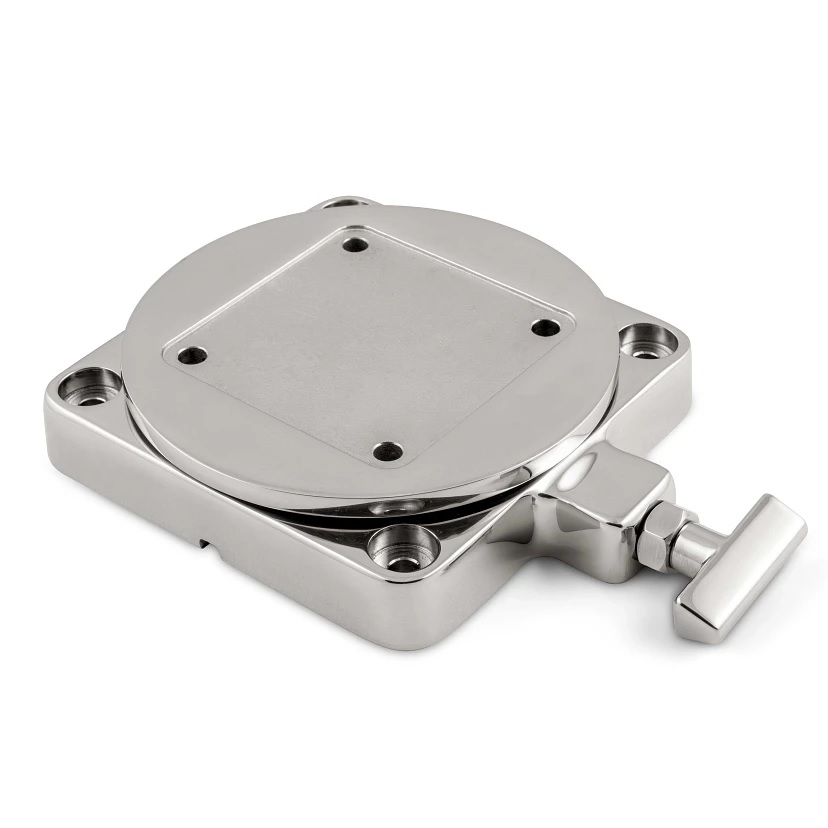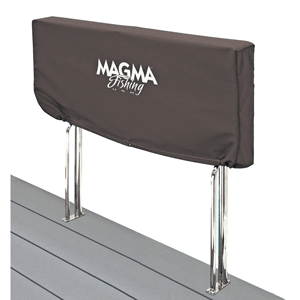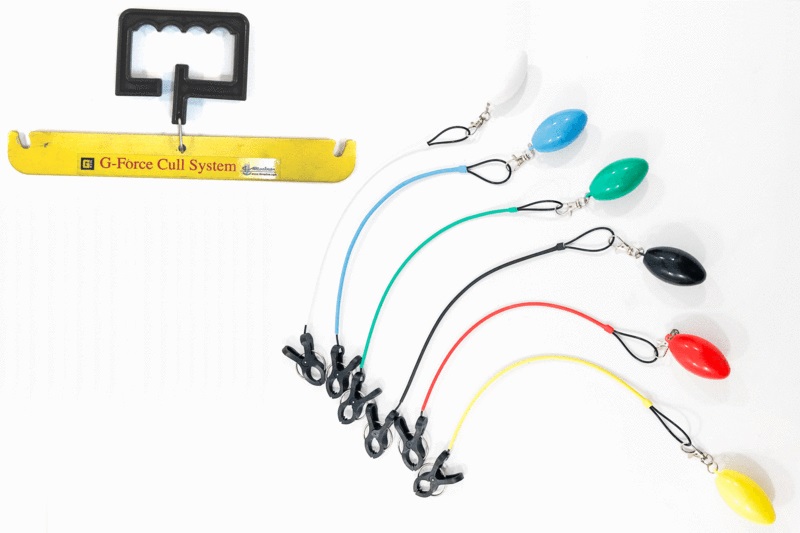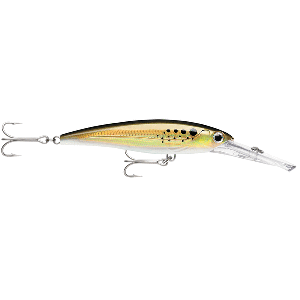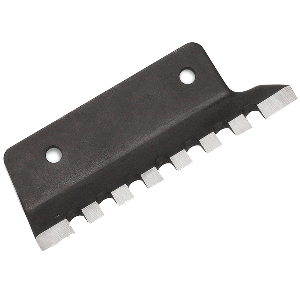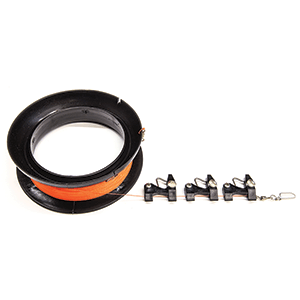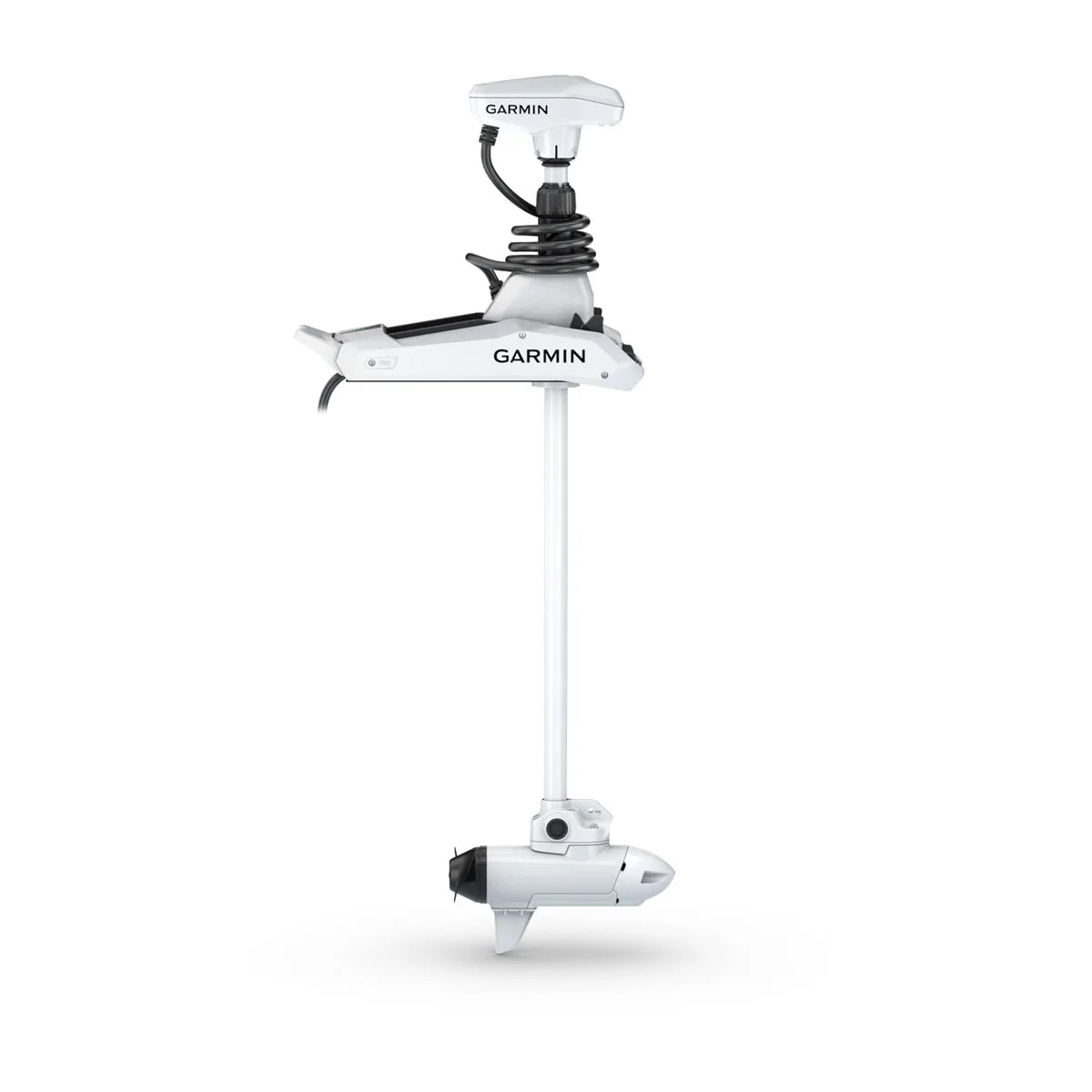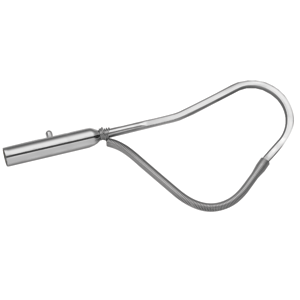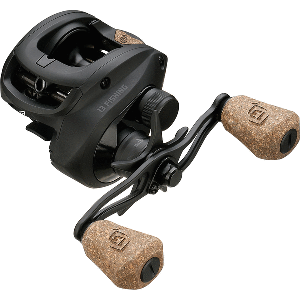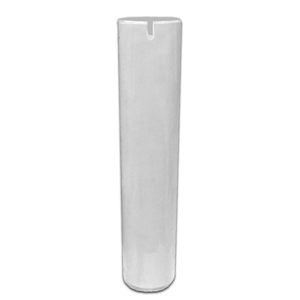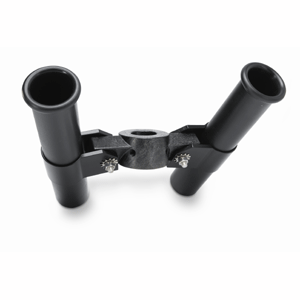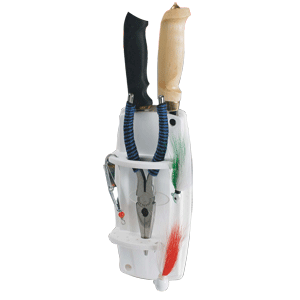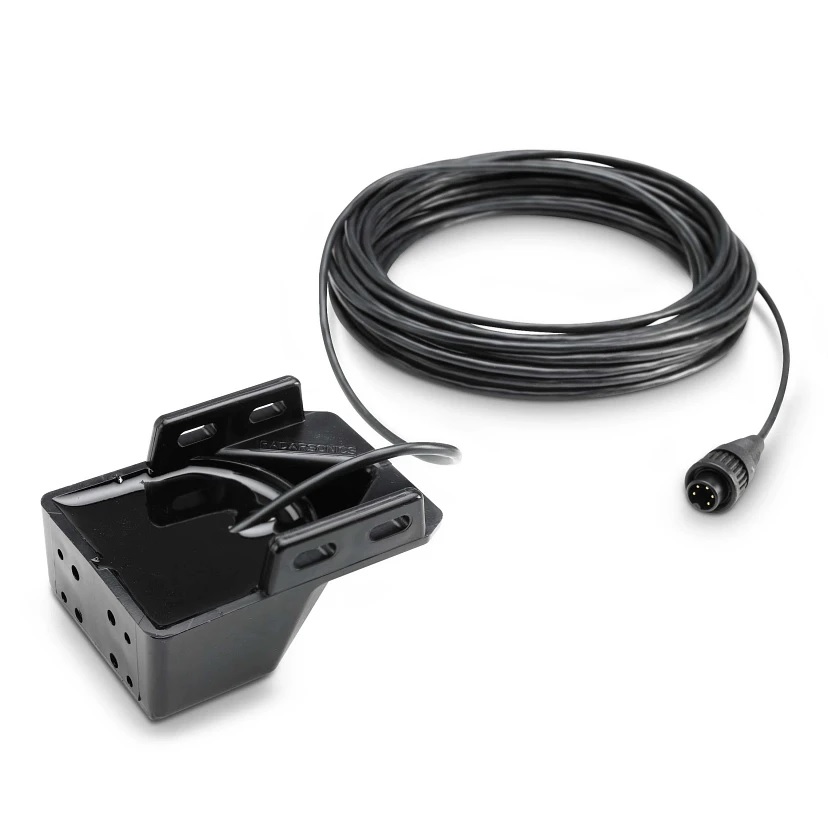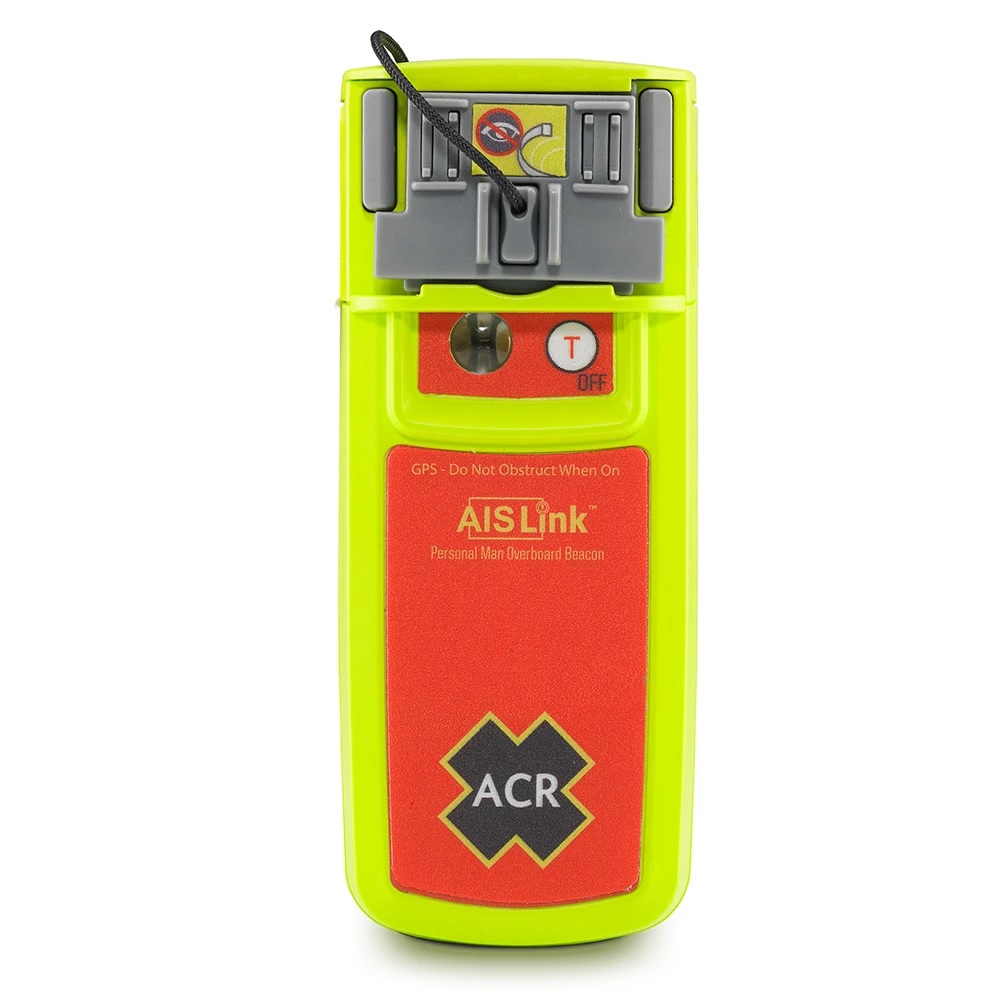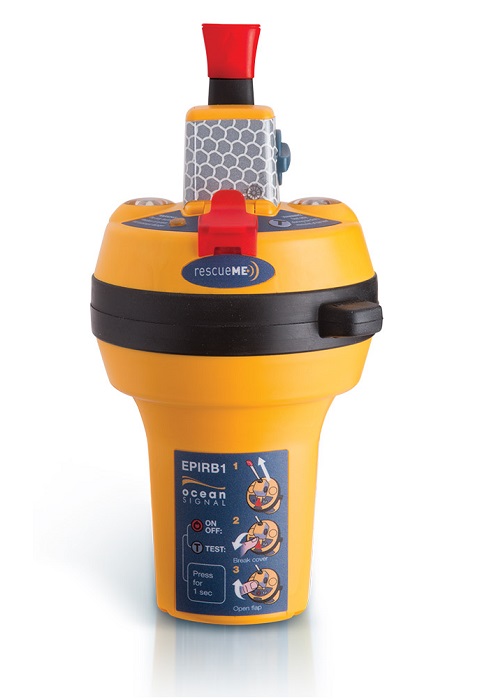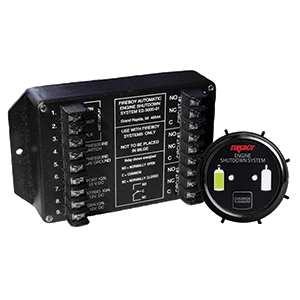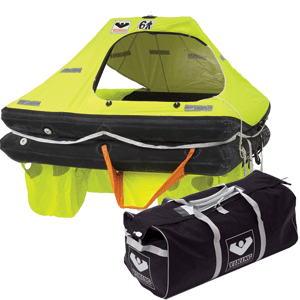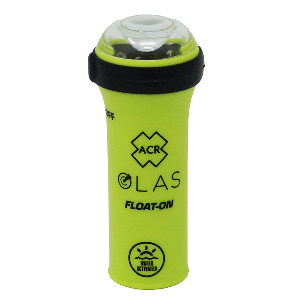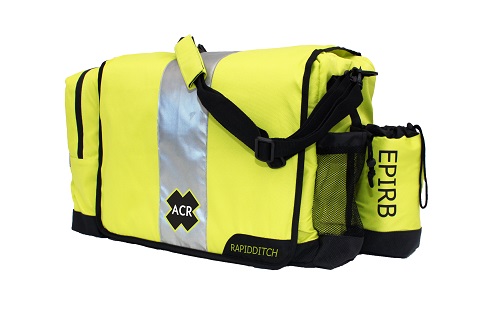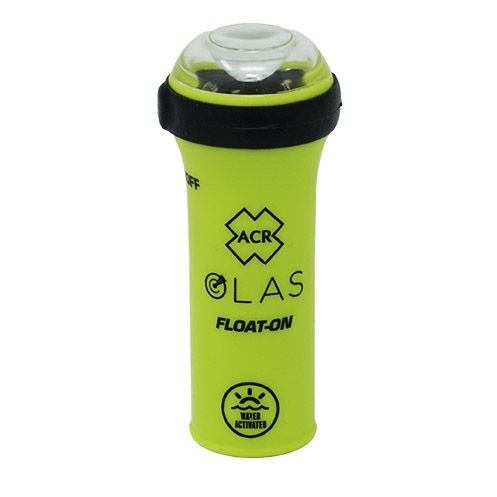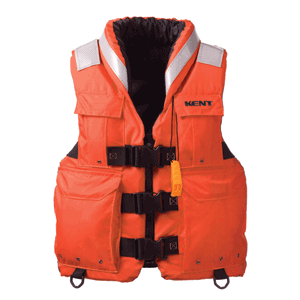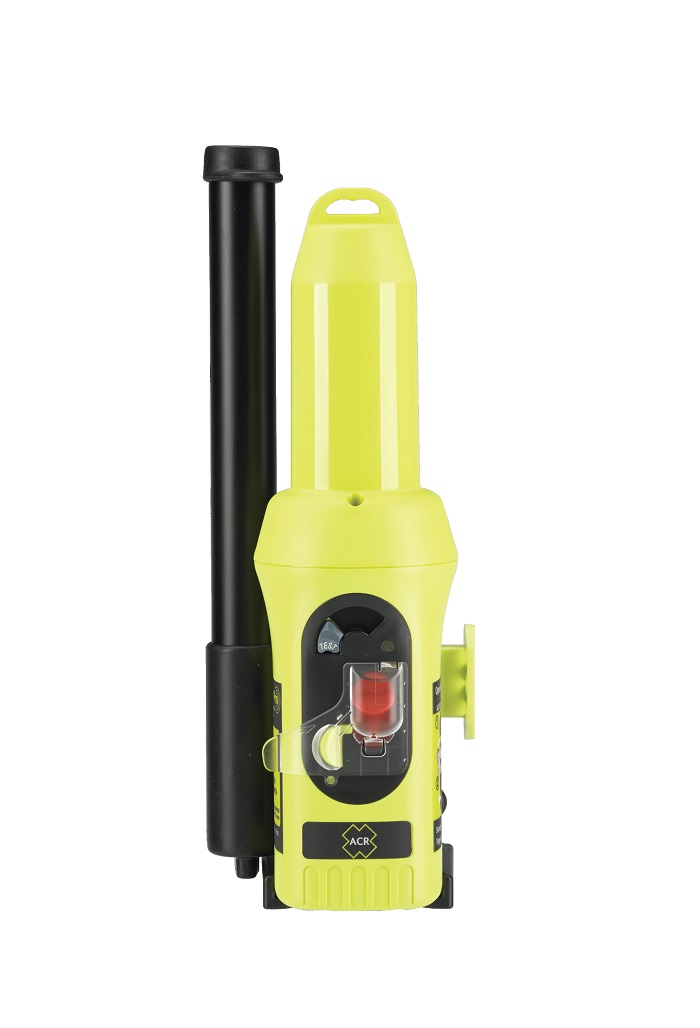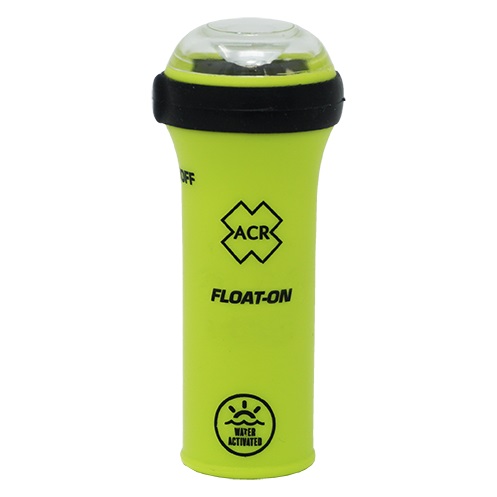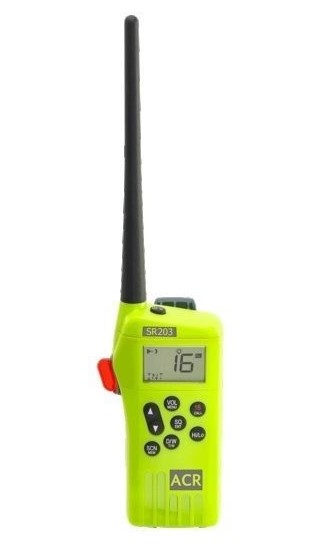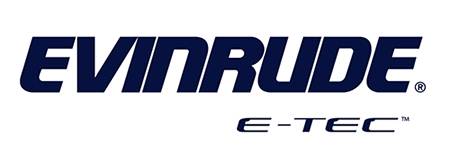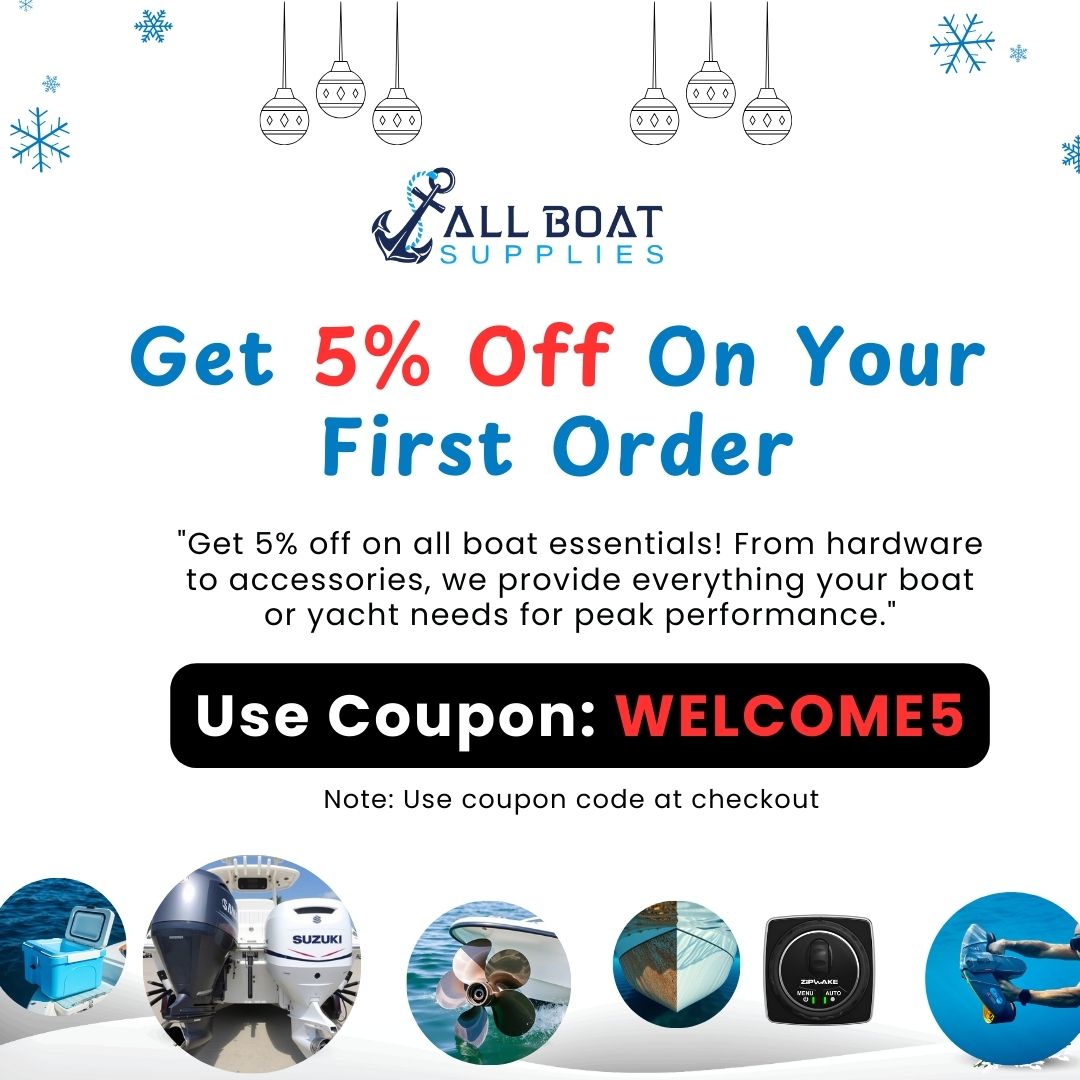“Top Maintenance Tips to Extend the Life of Your Boat’s Lower Unit”
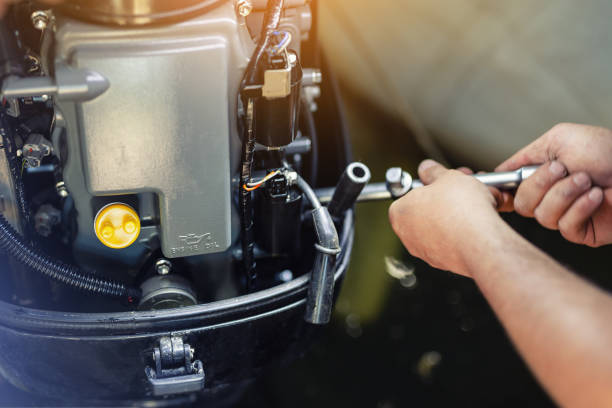
You Can Buy the Perfect Lower Unit for Your Boat at AllBoatSupplies.com
Your boat’s lower unit is essential to the functioning of your vessel, transferring power from the engine to the propeller. Without proper maintenance, your lower unit can develop issues that lead to costly repairs or even replacement. Regular upkeep will keep your boat performing at its best, ensuring it’s safe and ready for every adventure.
In this blog, we’ll explore essential maintenance tips that will help extend the life of your boat’s lower unit, prevent unnecessary damage, and ensure peak performance season after season.
1. Regularly Change the Gear Oil
Why It’s Important:
Gear oil lubricates the gears and internal parts of the lower unit, reducing friction and preventing wear. Over time, the oil can become contaminated with water or debris, leading to rust, corrosion, and eventual breakdowns.
Maintenance Tip:
- Change the gear oil at least once a year or every 100 hours of operation.
- Check the oil for any signs of water contamination (milkiness), which can indicate a seal failure.
- Always use the manufacturer’s recommended gear oil to maintain optimal performance.
2. Inspect the Propeller and Shaft Regularly
Why It’s Important:
The propeller and shaft endure significant wear and tear, especially when operating in shallow waters or near debris. A damaged or bent propeller can decrease efficiency, affect performance, and even cause further damage to the lower unit.
Maintenance Tip:
- Inspect the propeller after every use for visible damage, like cracks, nicks, or dings.
- Check the shaft for any bends or rust.
- Tighten any loose bolts or fittings.
- Replace damaged parts promptly to prevent further damage and ensure your boat runs smoothly.
3. Clean the Lower Unit After Every Use
Why It’s Important:
Saltwater, mud, sand, and debris can accumulate on the lower unit, causing corrosion and wear. Cleaning your boat’s lower unit after each use ensures contaminants are removed before they can cause harm.
Maintenance Tip:
- After every trip, rinse the lower unit with fresh water to remove salt and grime.
- Use a soft cloth to wipe down the surfaces and a gentle brush to clean out any areas with buildup.
- For saltwater use, consider using a marine-grade cleaner to break down residue.
4. Check for Leaks and Seal Damage
Why It’s Important:
Leaks or faulty seals in the lower unit can lead to water infiltration, which can cause internal rust, corrosion, and eventual failure of components. Regular inspections are essential to avoid major damage.
Maintenance Tip:
- Check the lower unit for any signs of oil or water leakage, particularly around the propeller shaft and seals.
- If you notice water mixing with the oil or oil seeping out, replace the seals immediately.
- Inspect the O-rings and gaskets to ensure they are intact and sealing properly.
5. Inspect the Water Pump Impeller
Why It’s Important:
The water pump impeller helps cool the engine by circulating water through the system. A worn or damaged impeller can cause the engine to overheat, leading to potential damage.
Maintenance Tip:
- Replace the impeller every 2 to 3 years or as recommended by the manufacturer.
- During maintenance, inspect the impeller for wear, cracks, or damage.
- Ensure the water pump housing is clean and clear of any debris that could block the water flow.
6. Store Your Boat Properly During Off-Season
Why It’s Important:
Proper storage during the off-season helps protect the lower unit from freezing temperatures, moisture buildup, and corrosion.
Maintenance Tip:
- When storing your boat for the winter, tilt the lower unit to allow excess water to drain.
- Keep the lower unit above the freezing line to prevent internal damage from frozen water.
- Use a cover to protect the lower unit from dust, debris, and environmental damage.
7. Use Corrosion Protection Products
Why It’s Important:
Marine environments are harsh on metal components, and corrosion is one of the most common issues boat owners face. Applying anti-corrosion products can protect the lower unit from saltwater and other damaging elements.
Maintenance Tip:
- After cleaning, apply a protective coating of marine-grade anti-corrosion spray to all metal parts of the lower unit.
- Consider using sacrificial zinc anodes, which help prevent corrosion by attracting harmful ions before they reach the lower unit’s components.
Conclusion
Your boat’s lower unit is one of the most critical components for smooth operation. Regular maintenance can prevent many common issues, extend its lifespan, and save you money on expensive repairs. By following these maintenance tips, you can ensure your boat is always ready for the water.
A little effort goes a long way when it comes to preserving the performance and longevity of your lower unit. Keep it clean, lubricated, and checked for wear, and you’ll enjoy smooth sailing for years to come.
